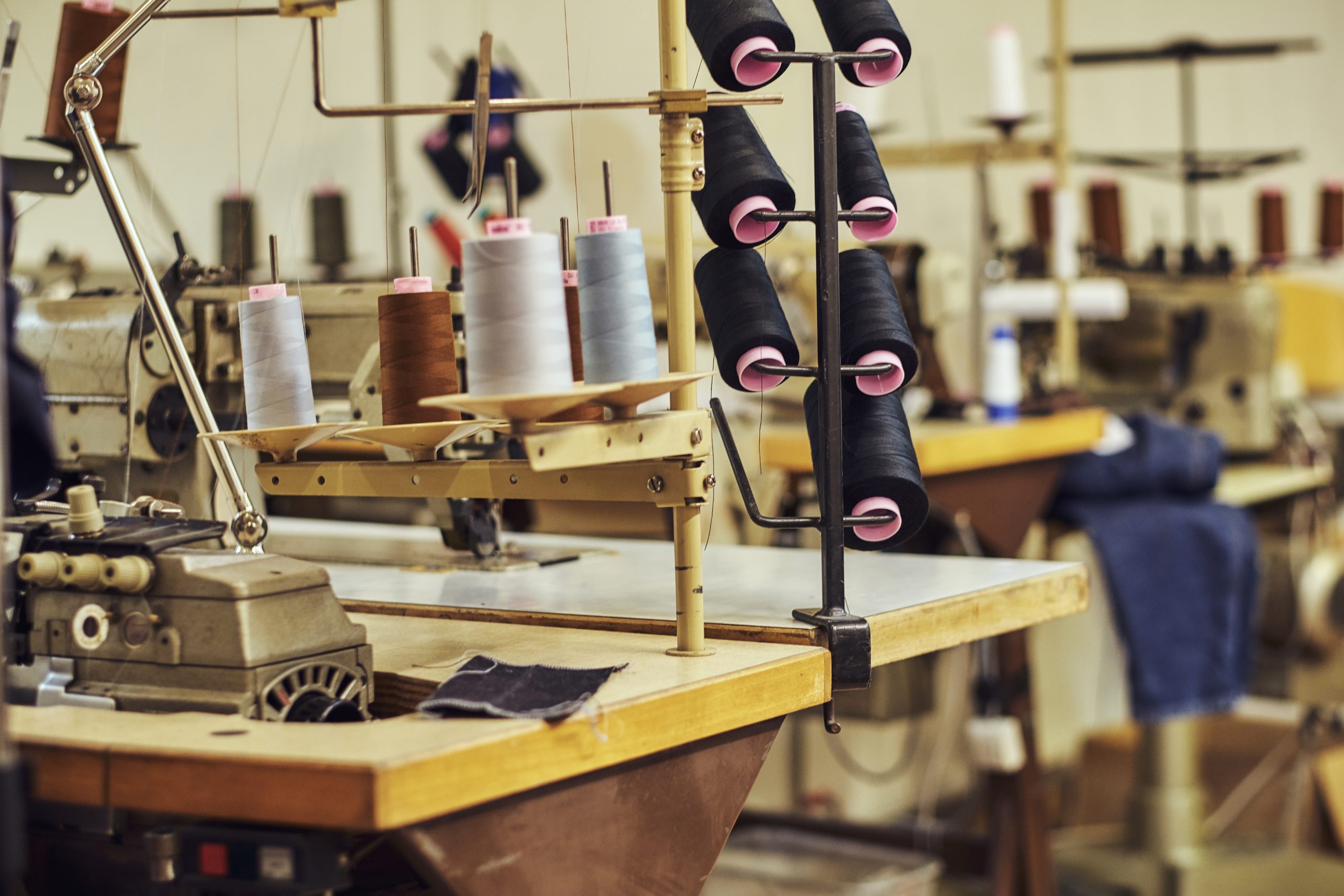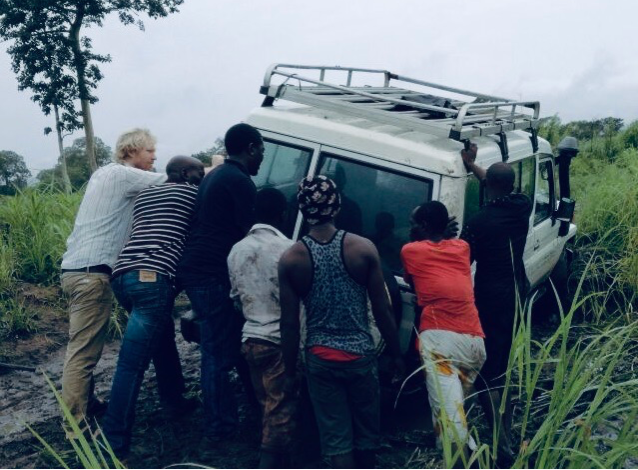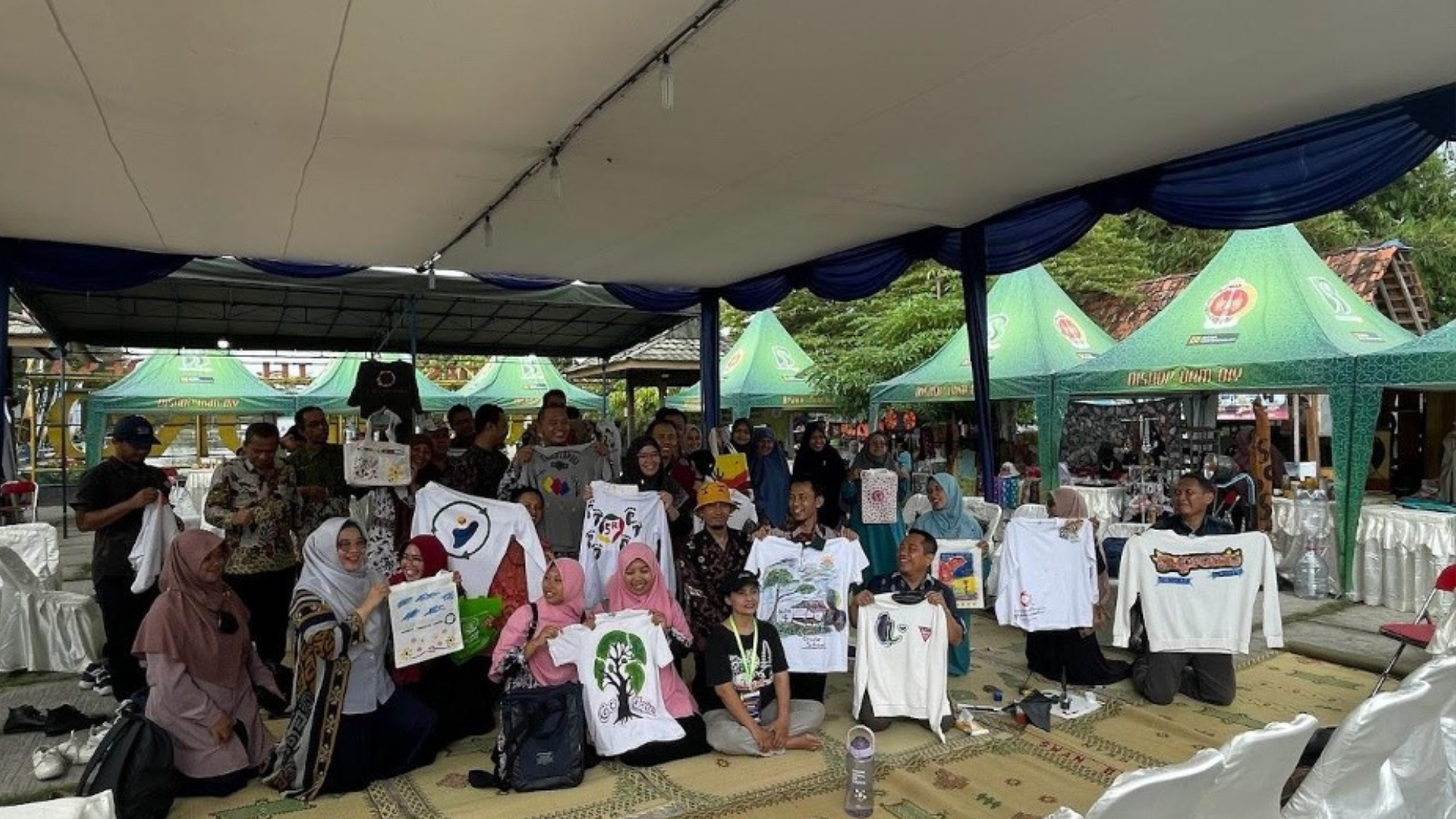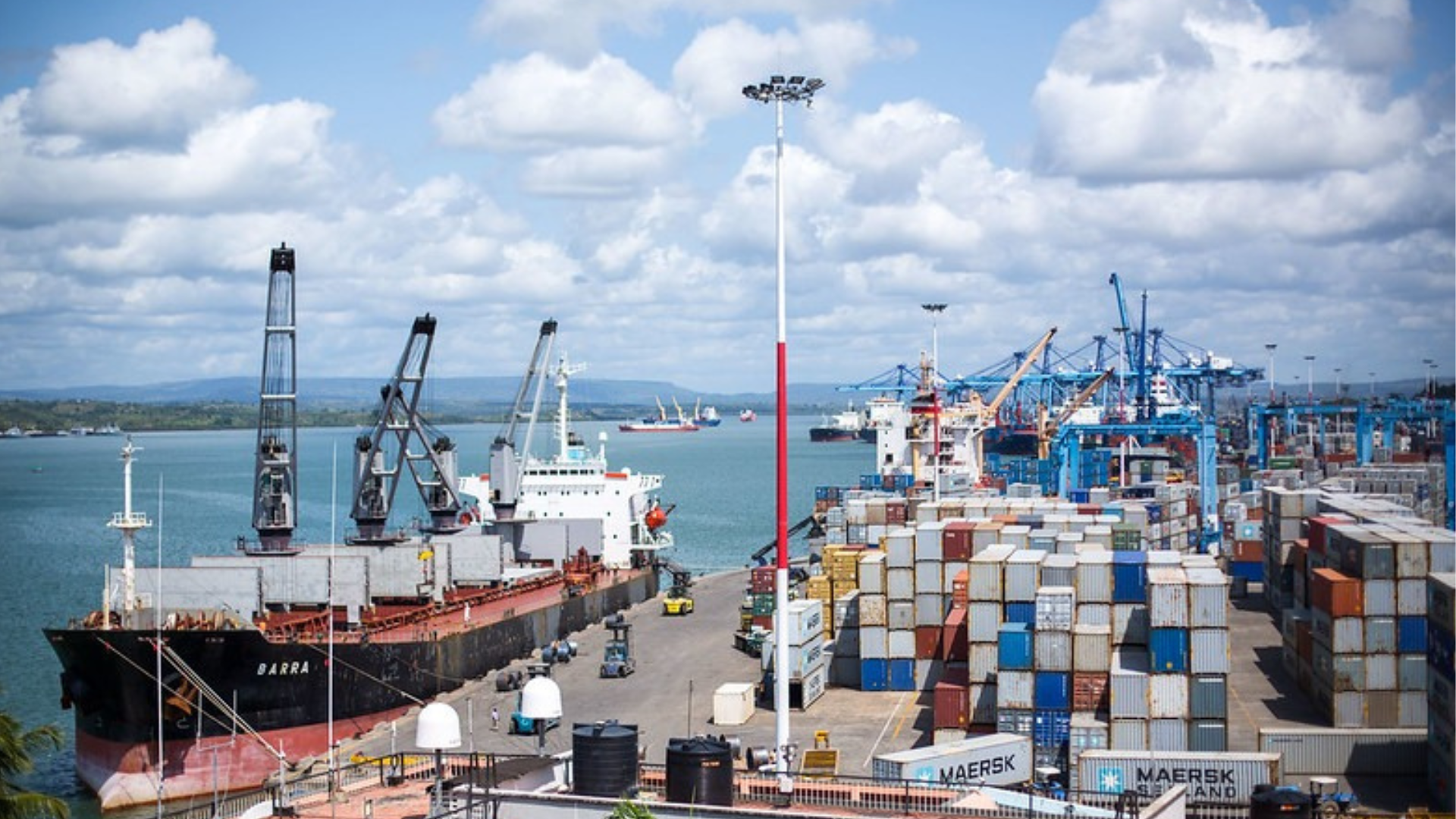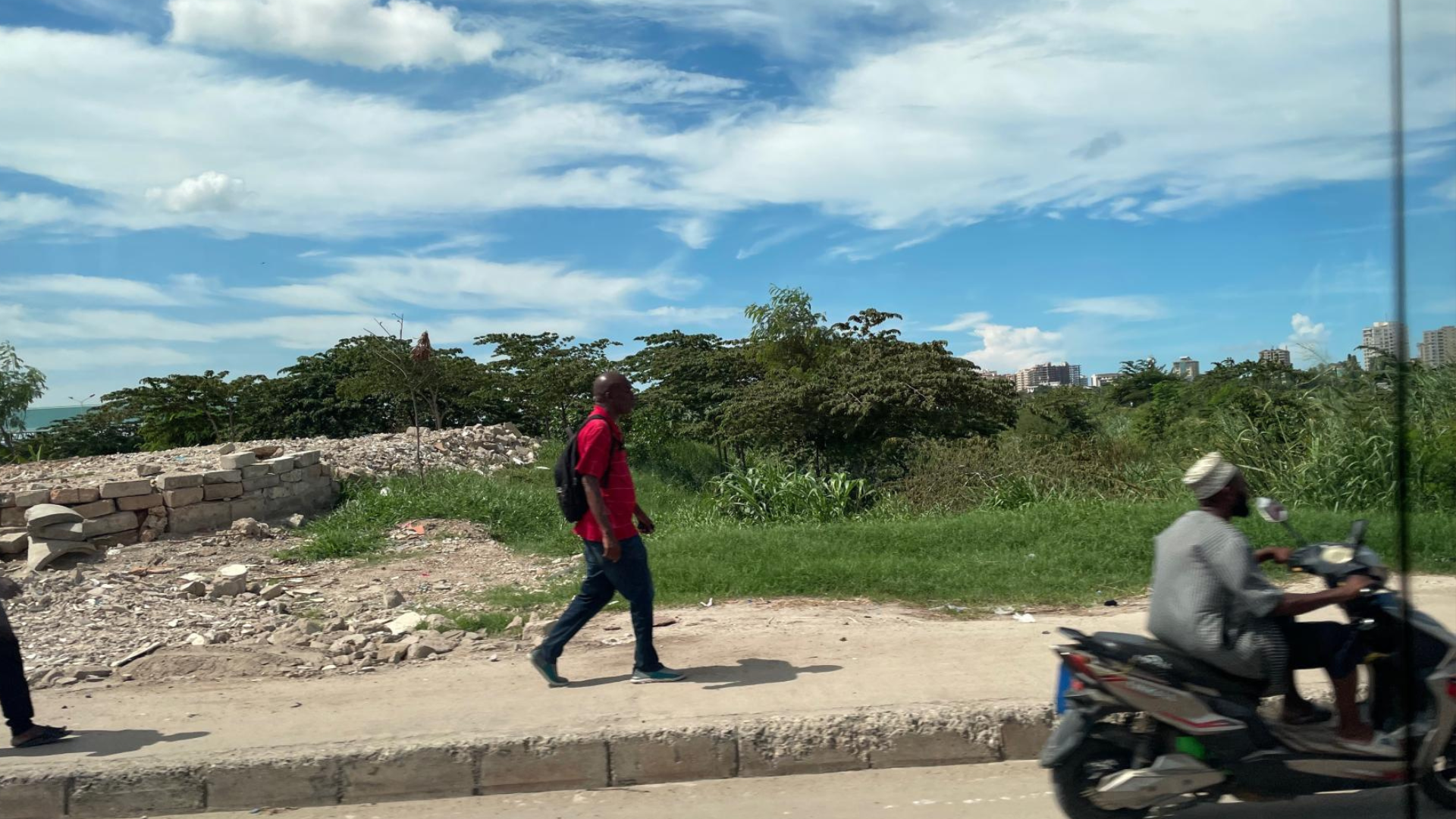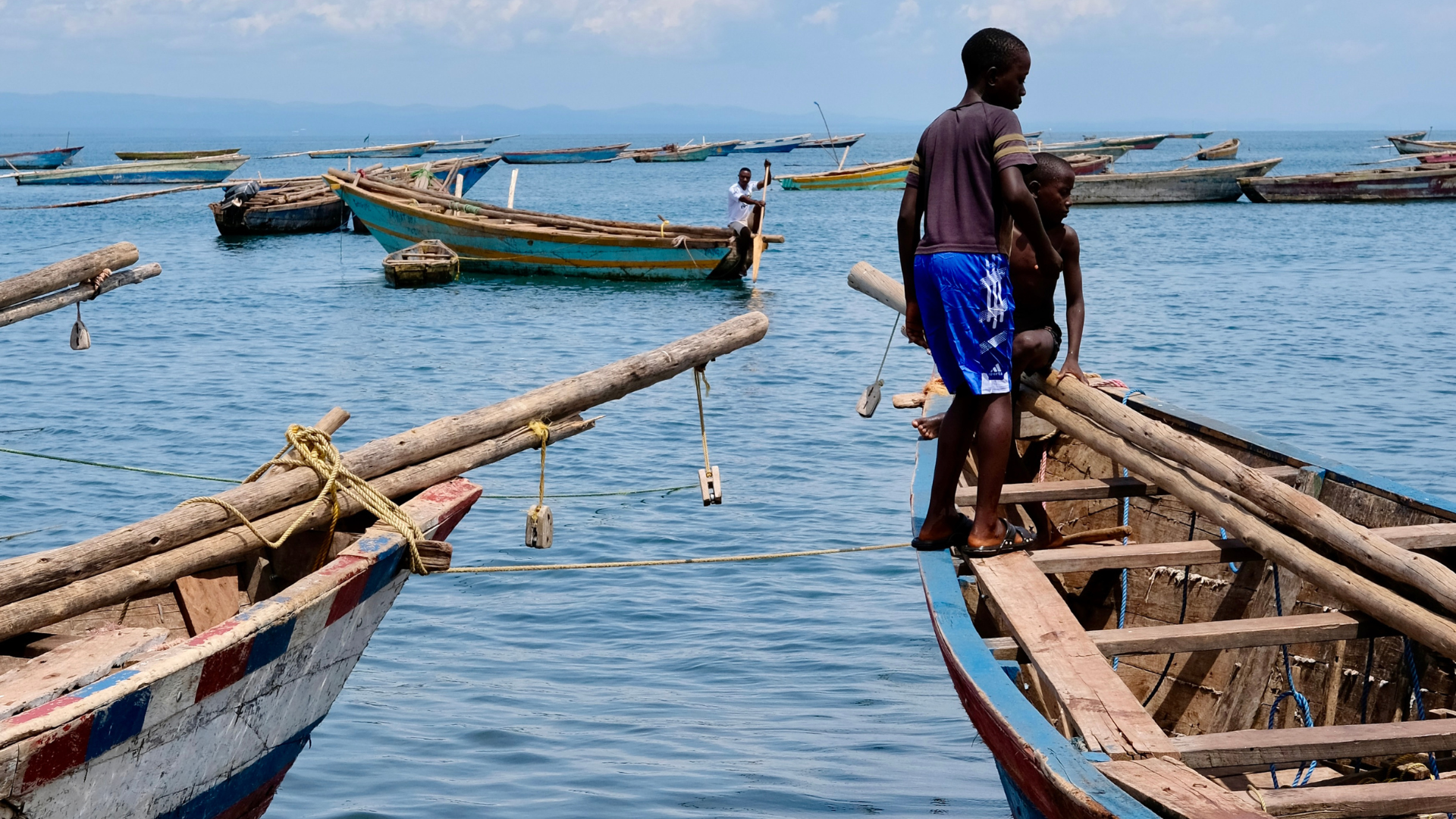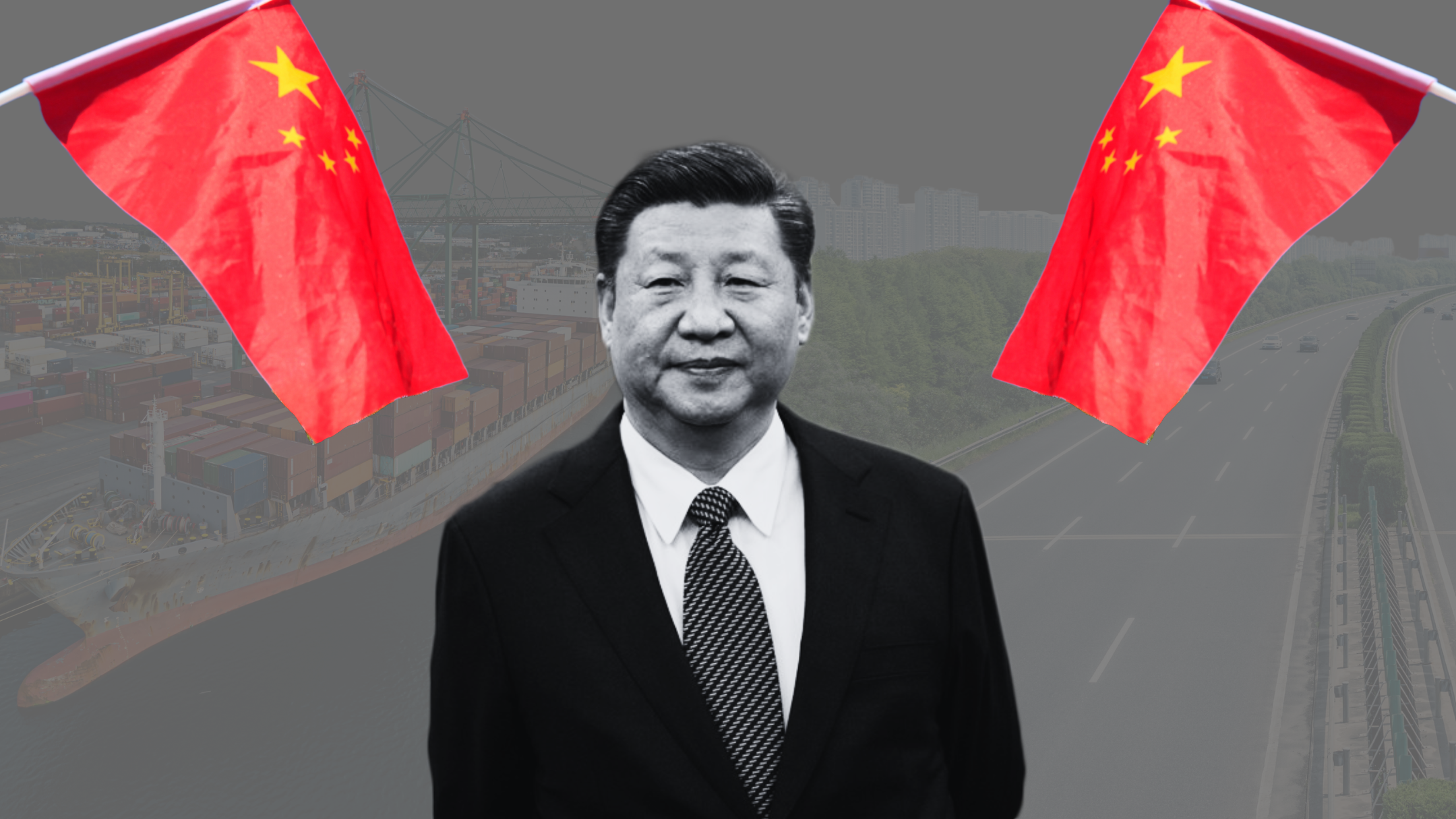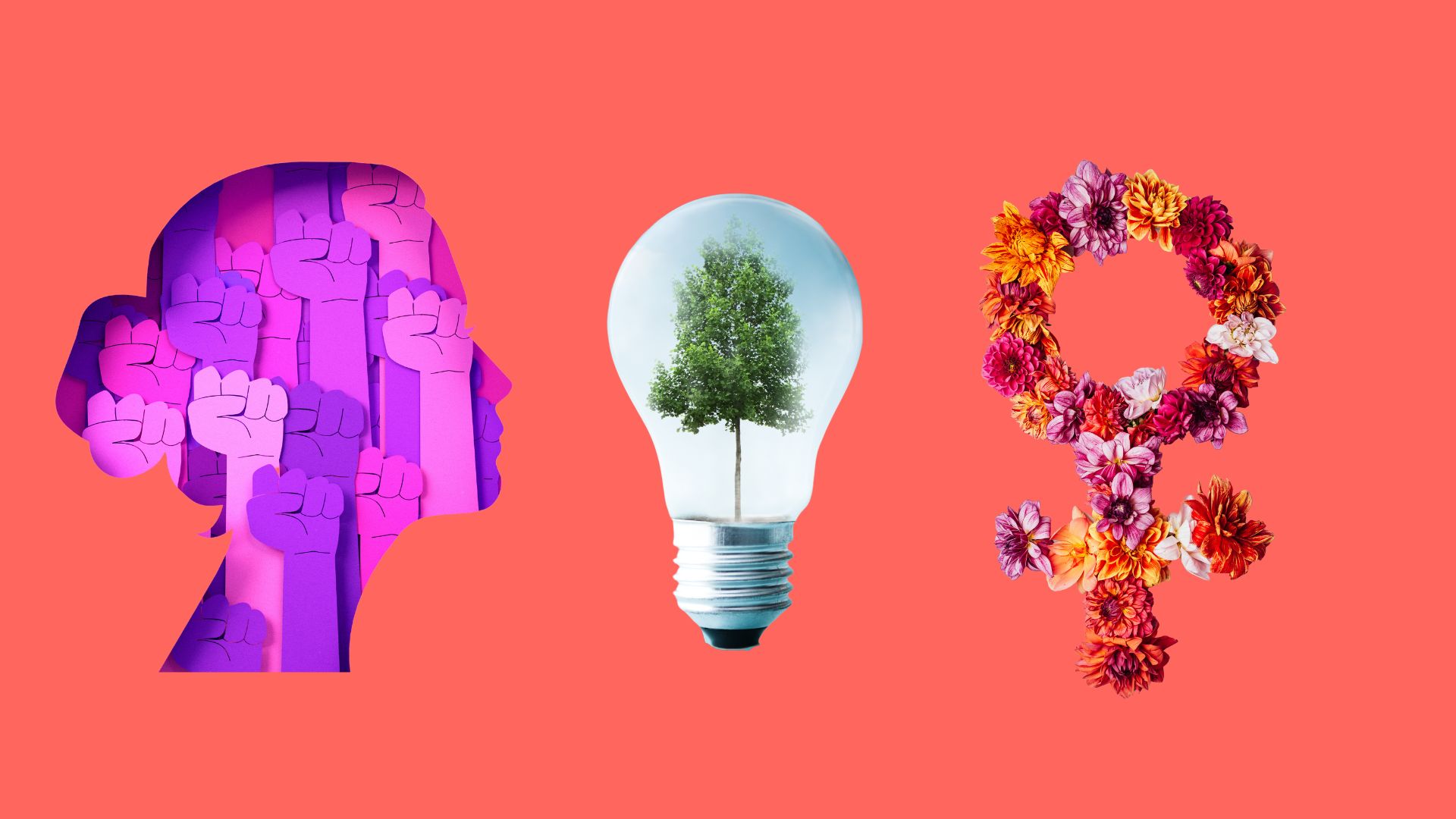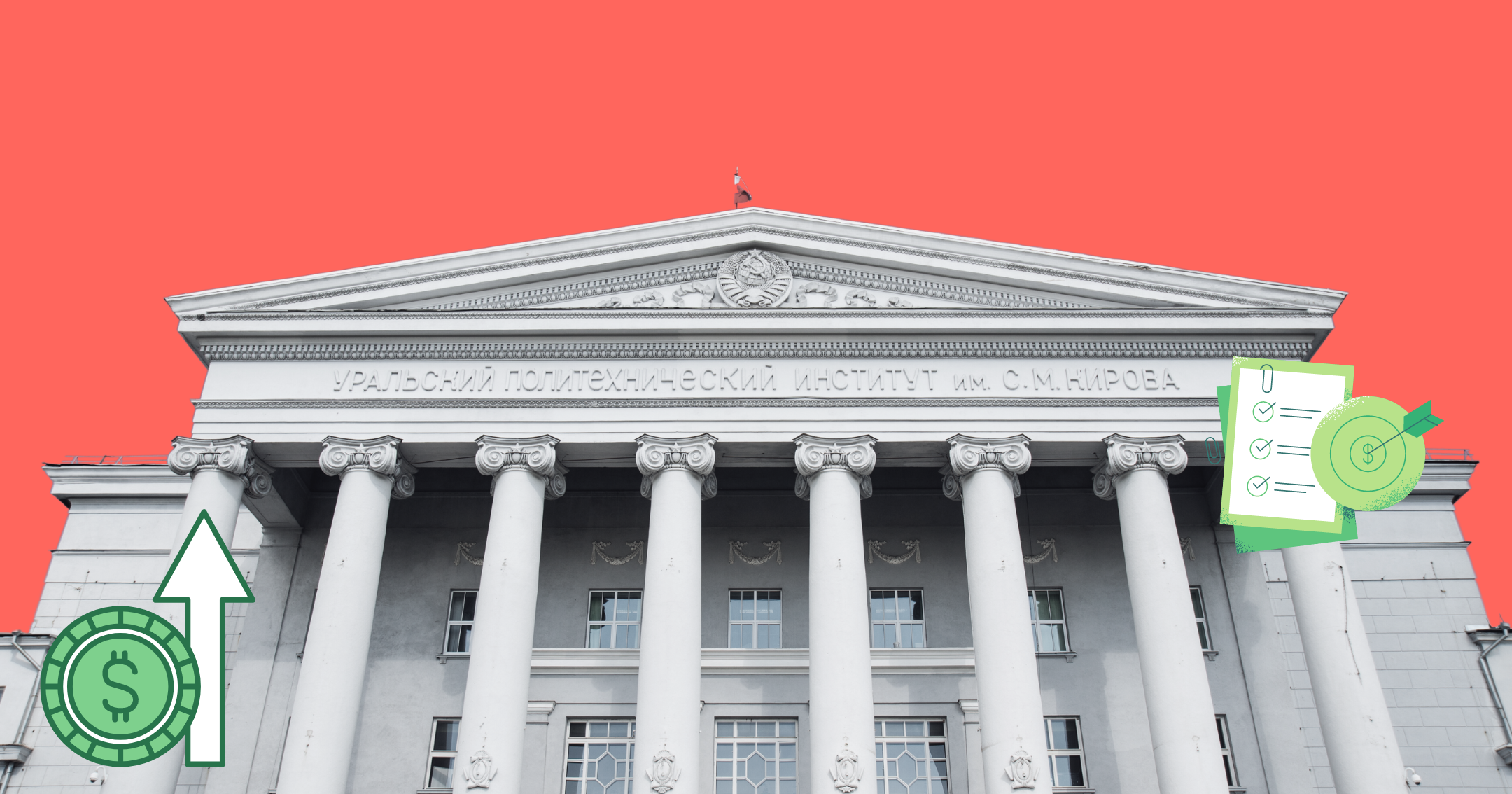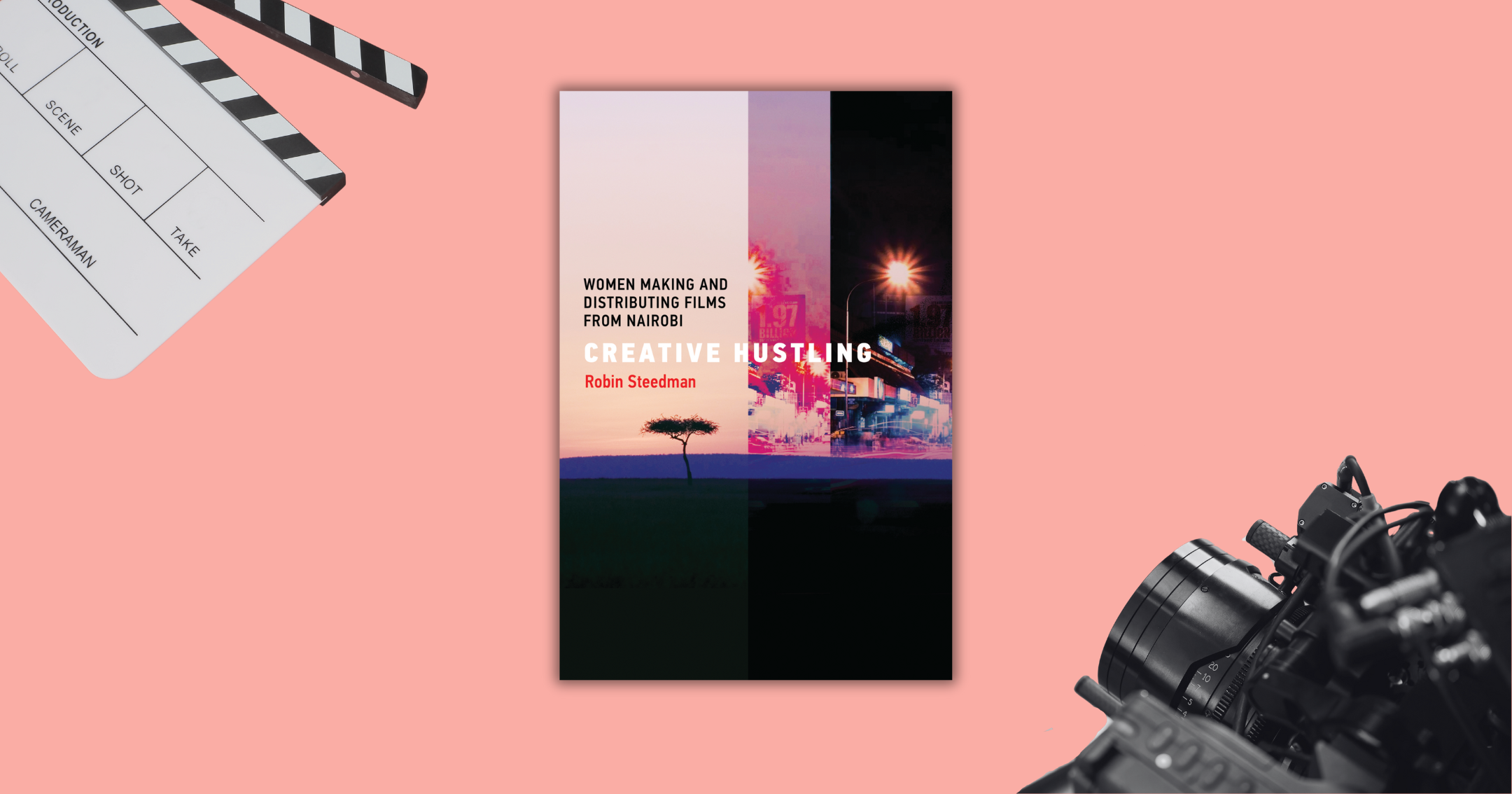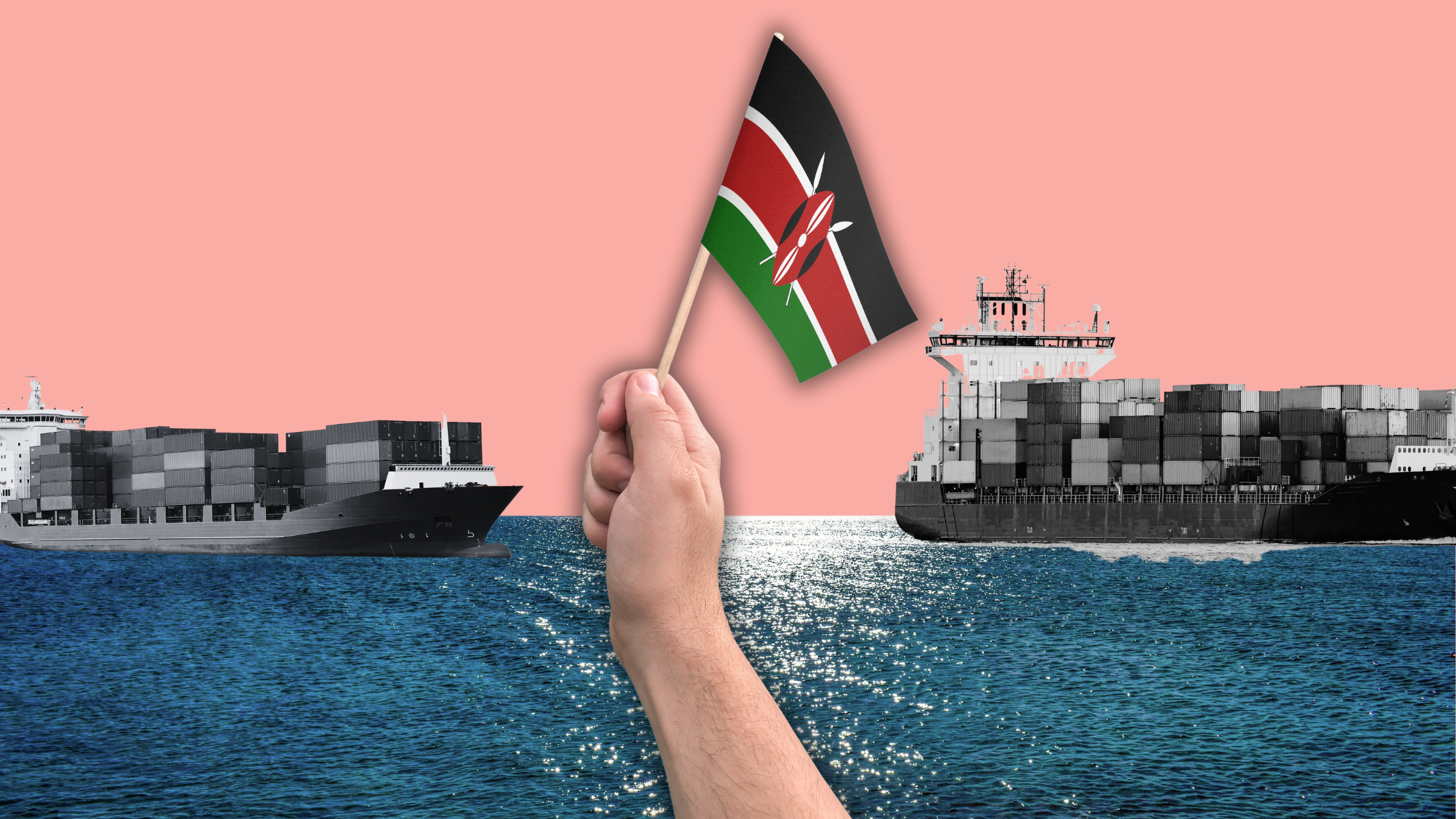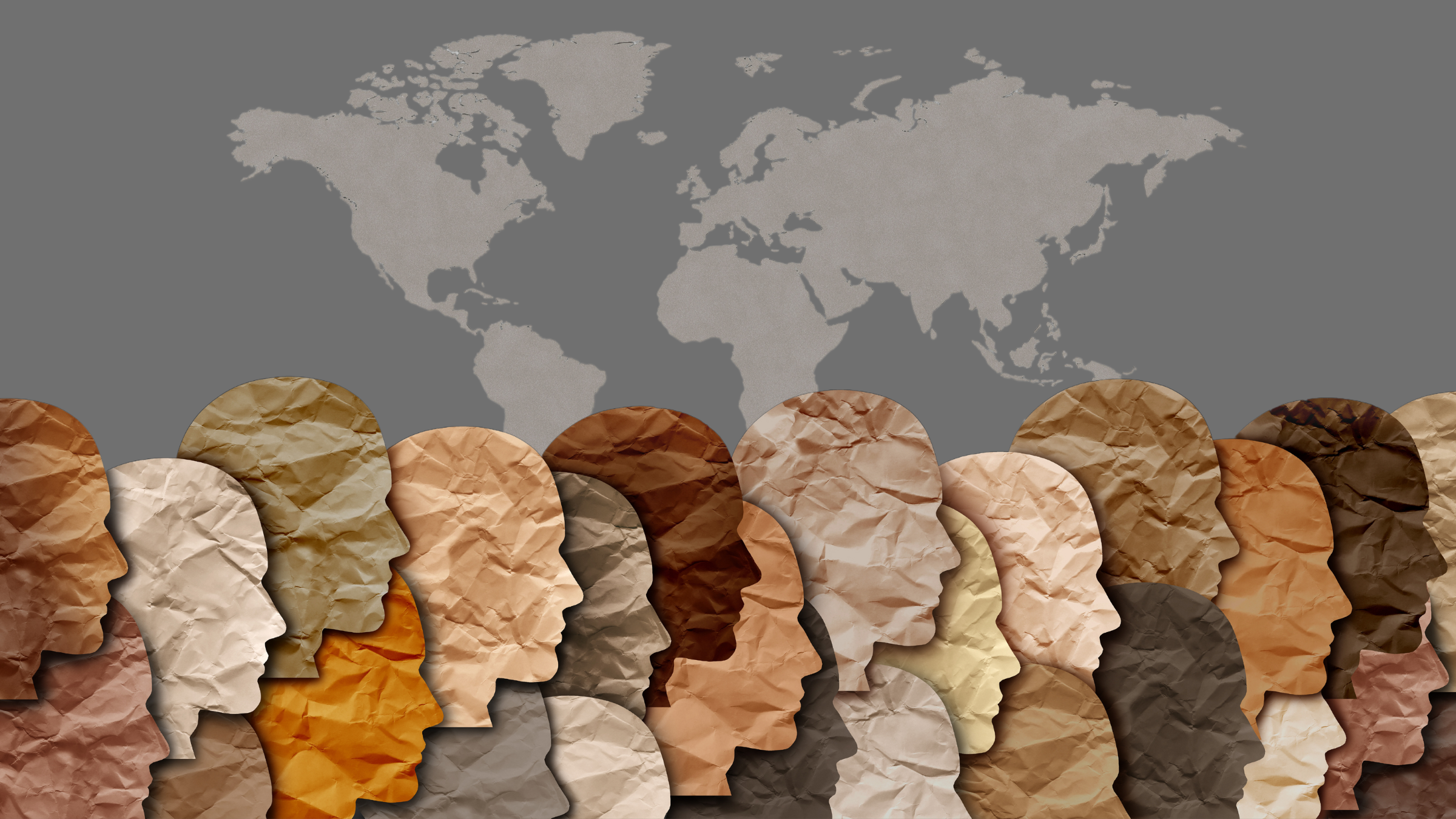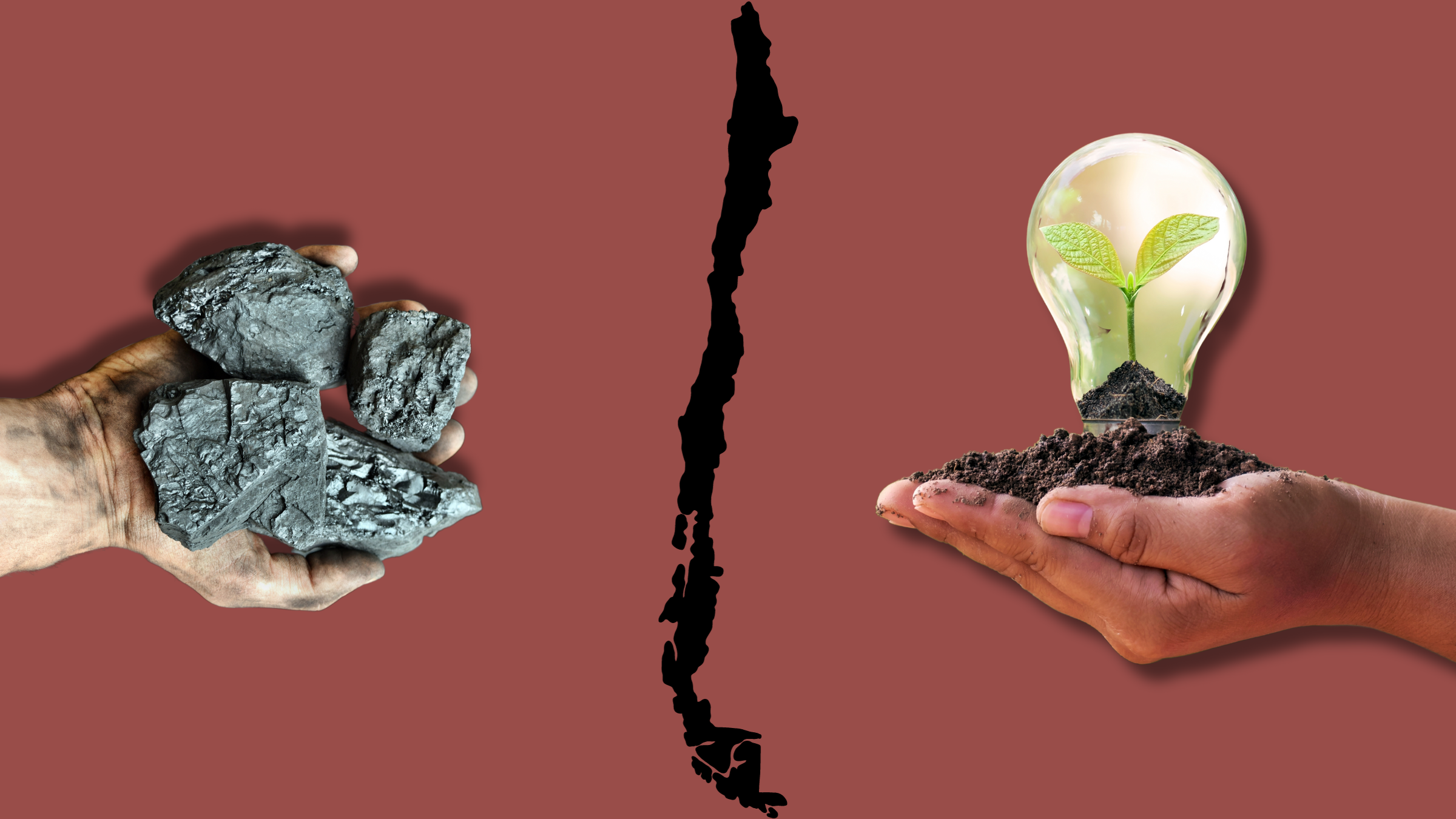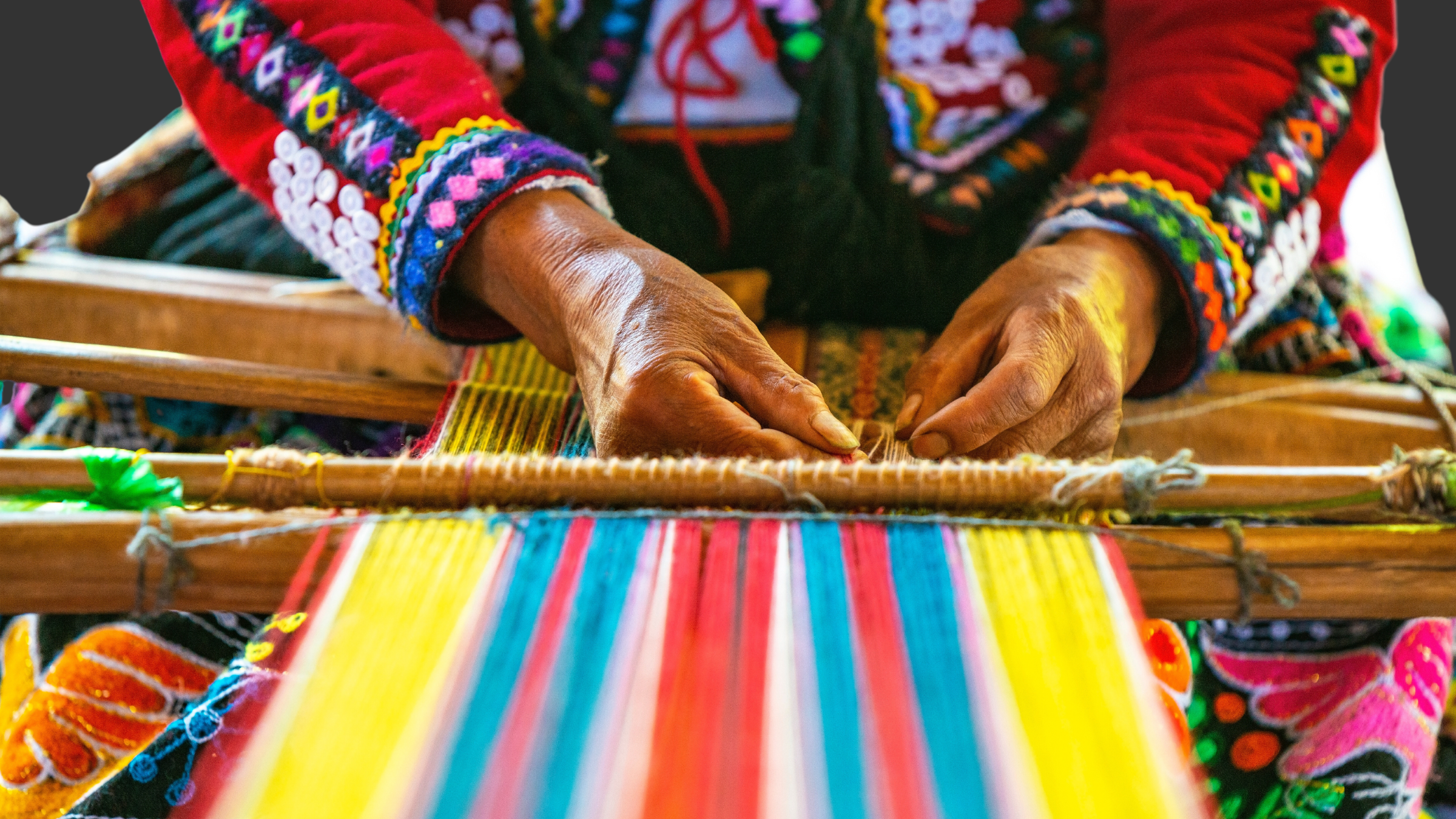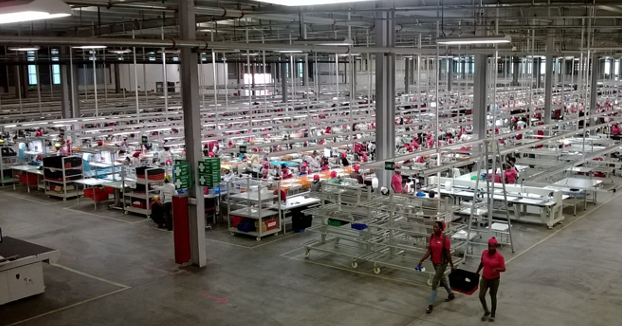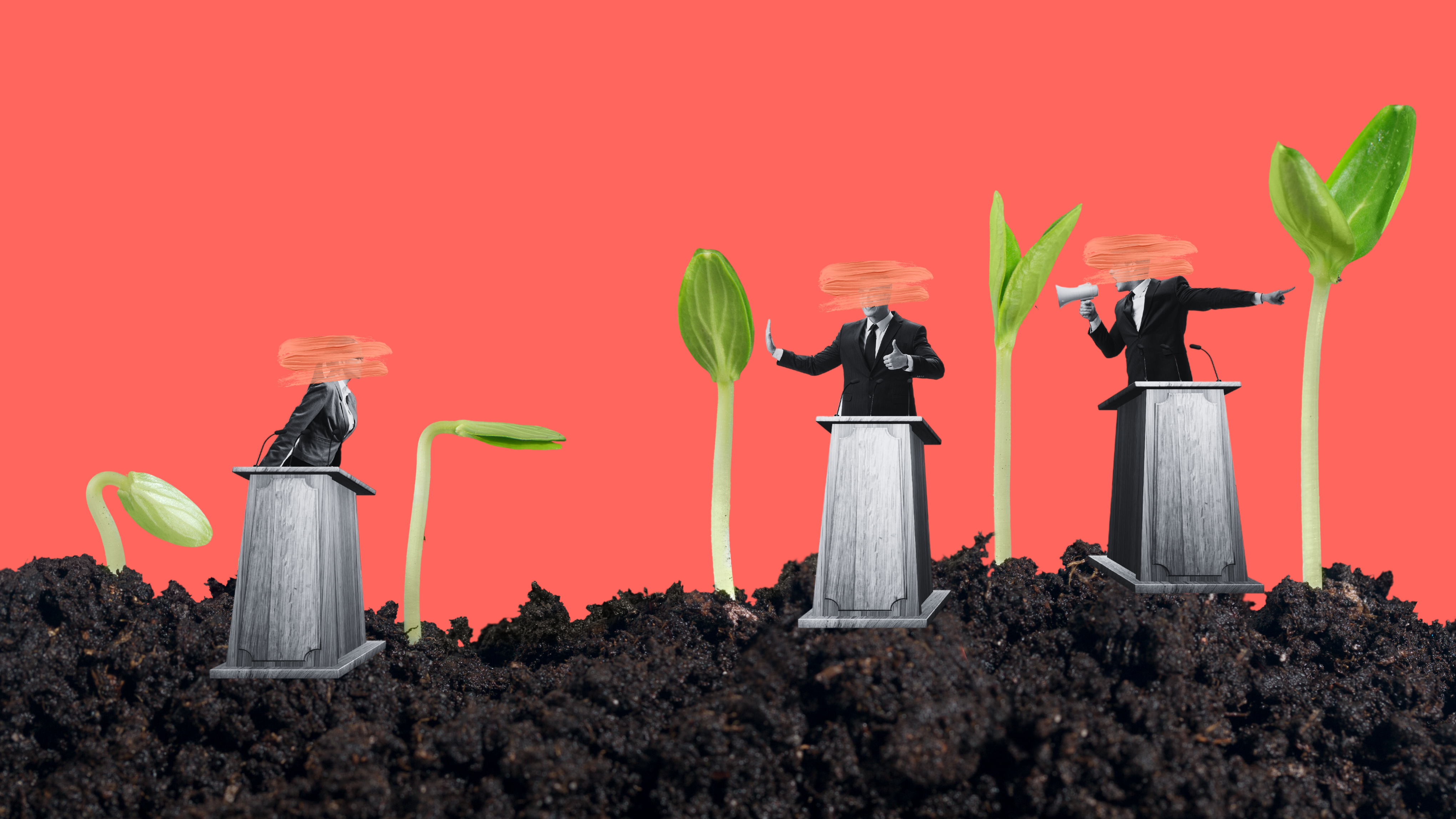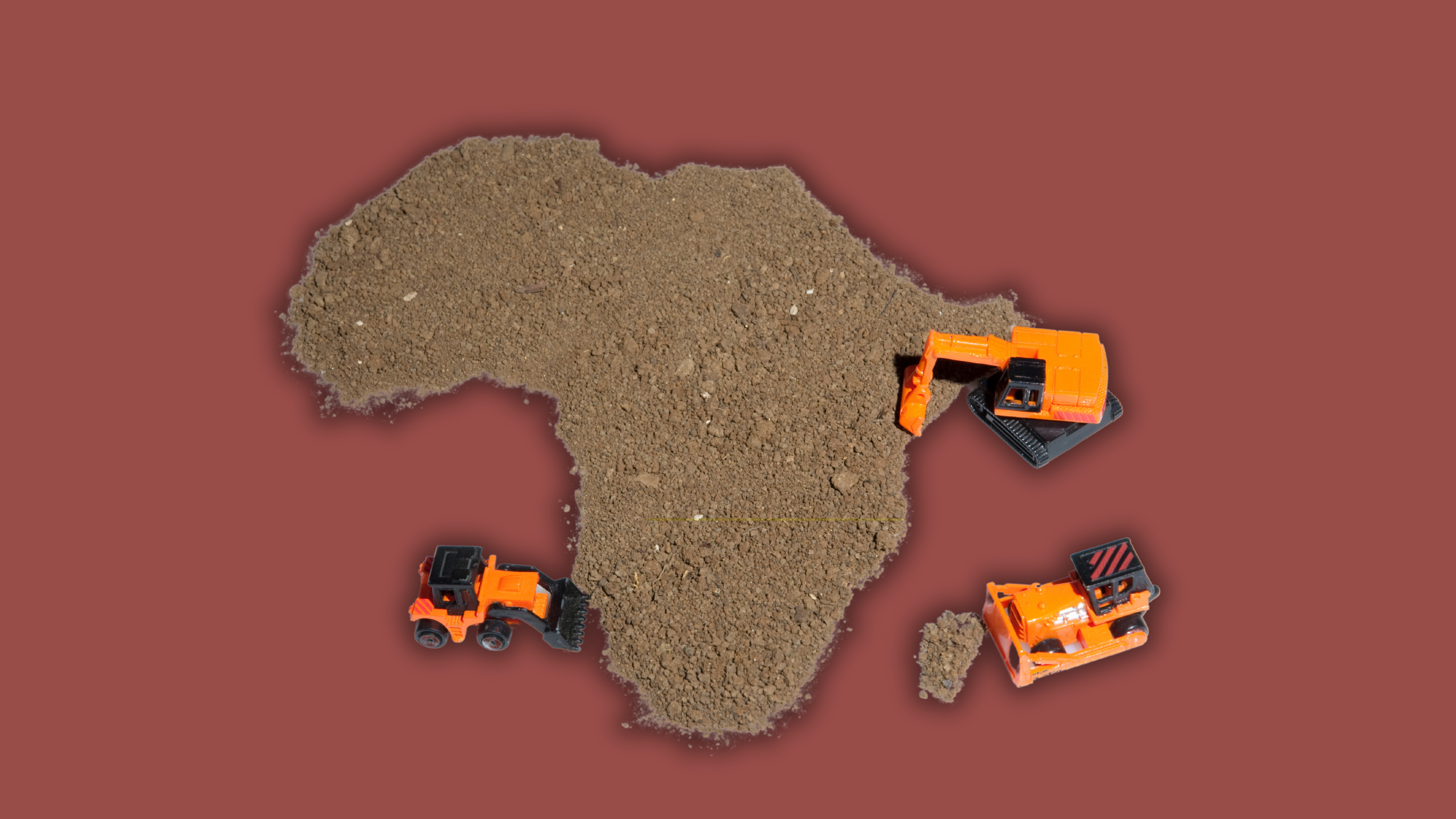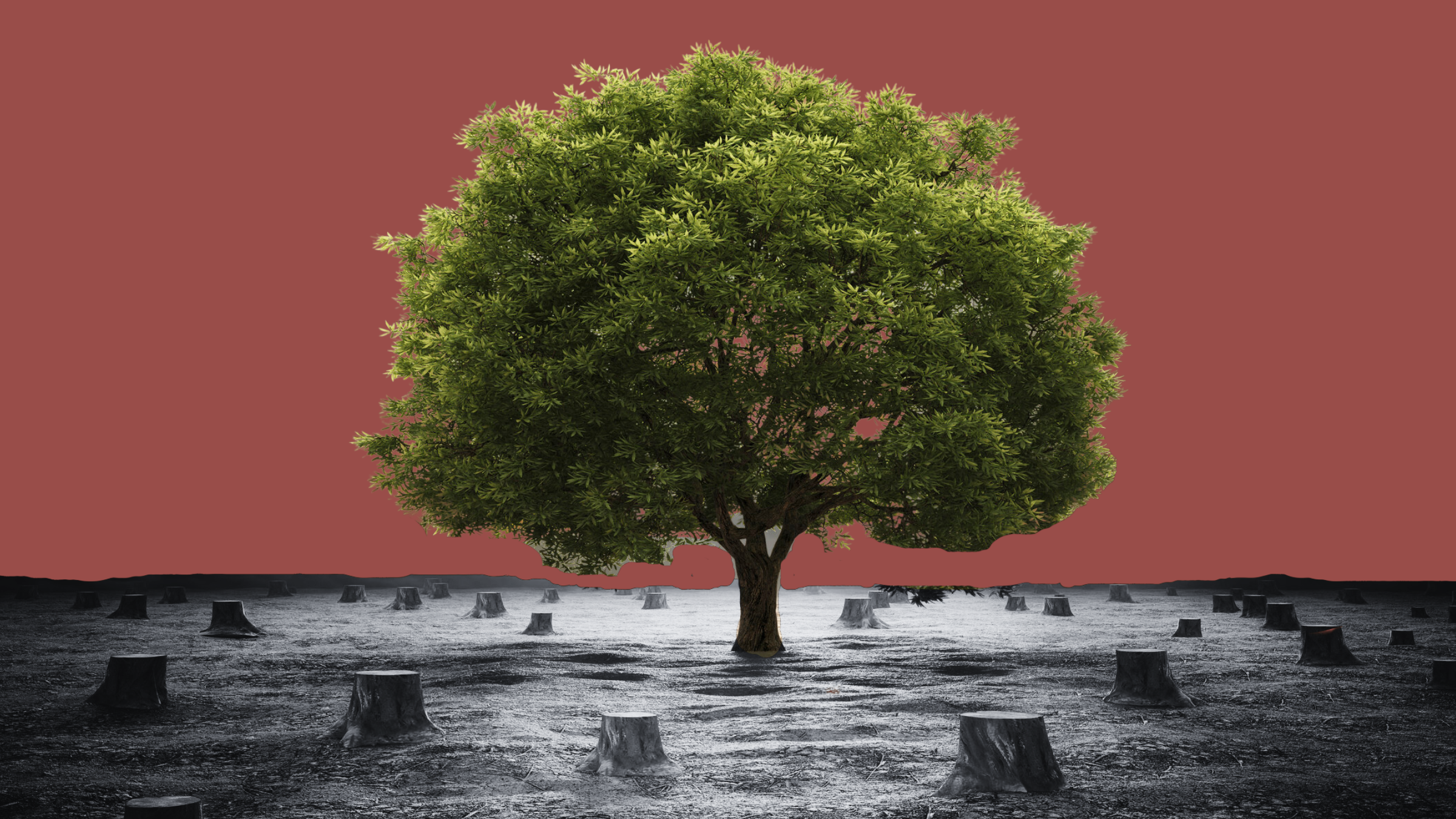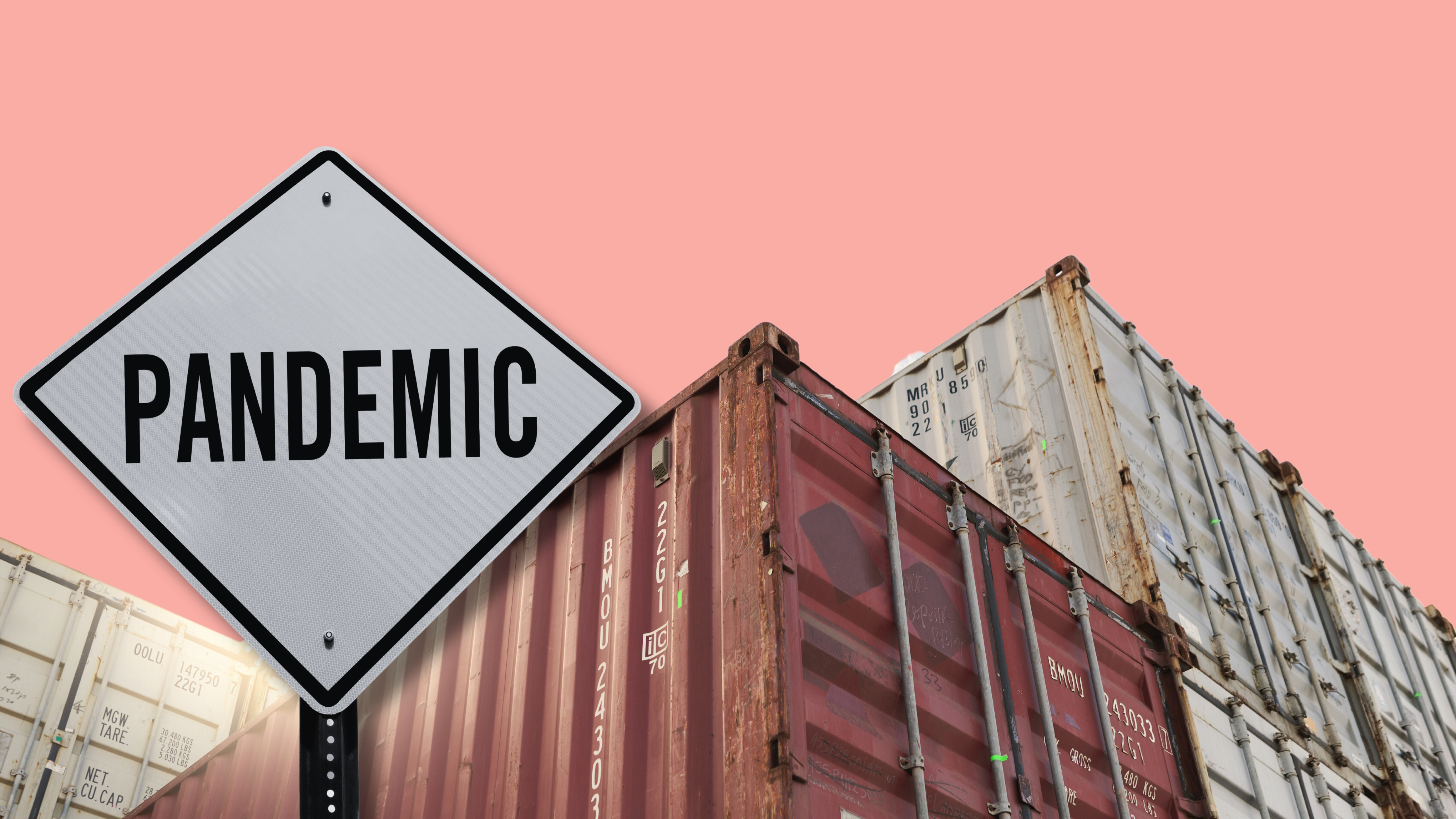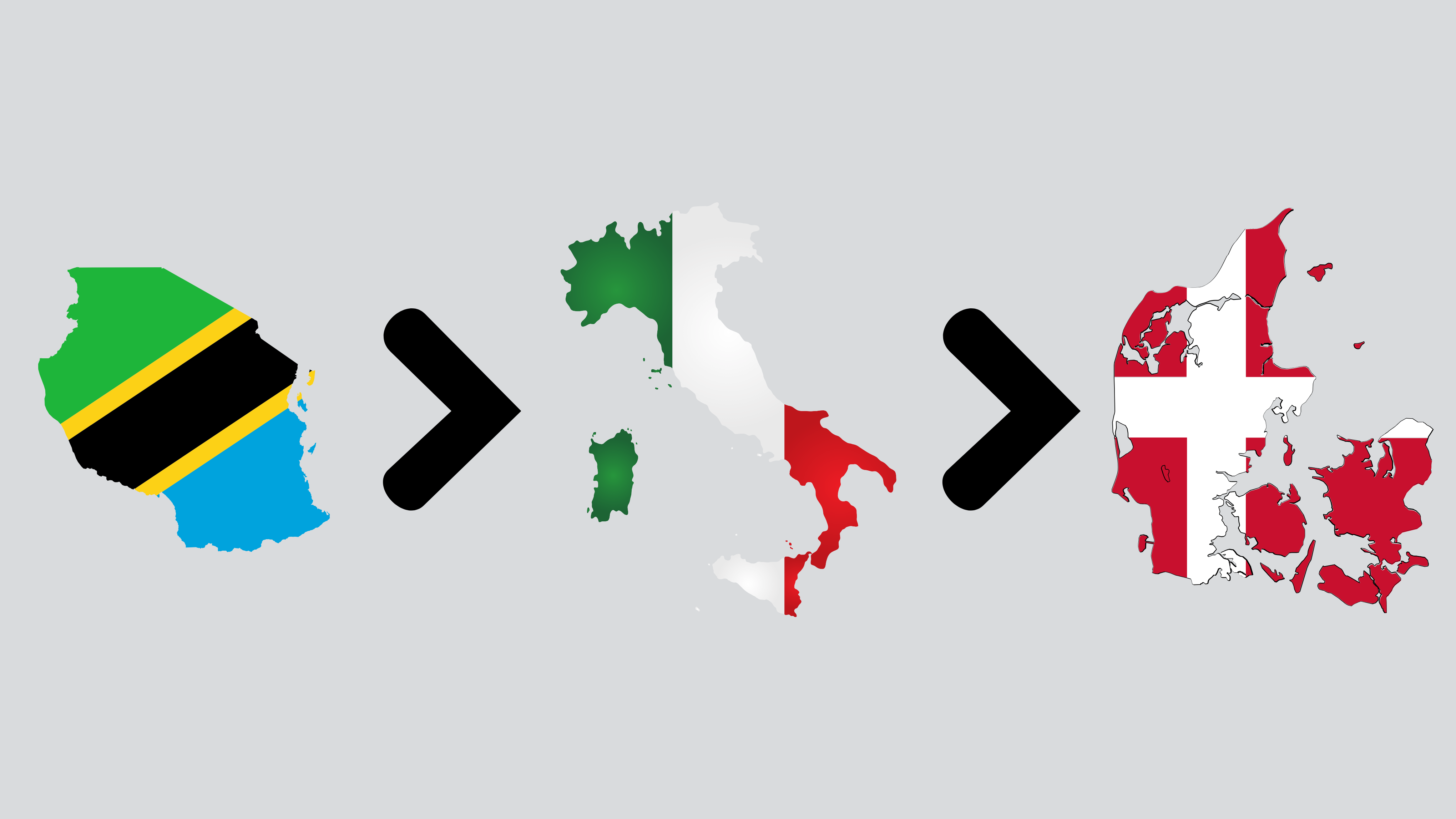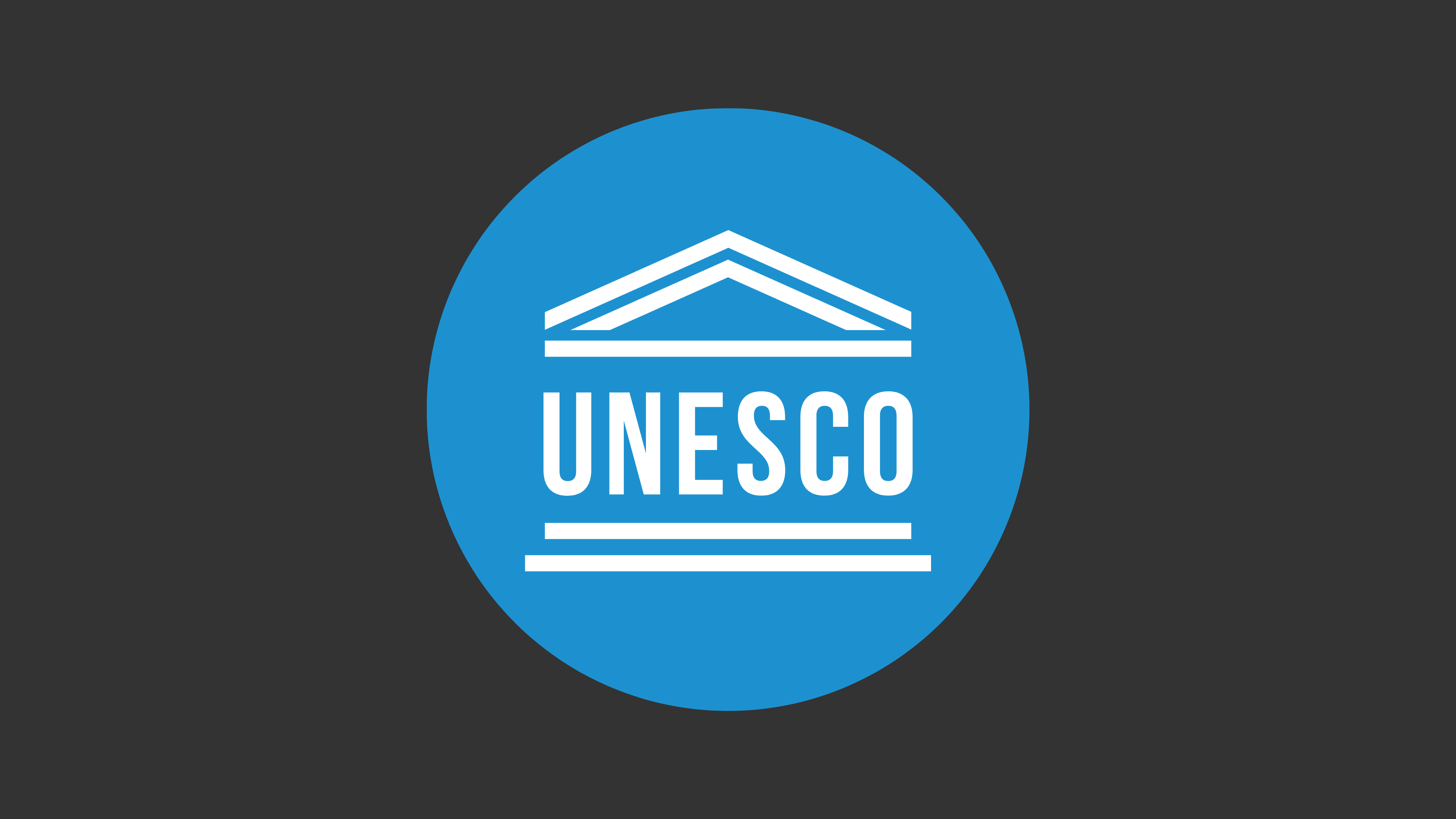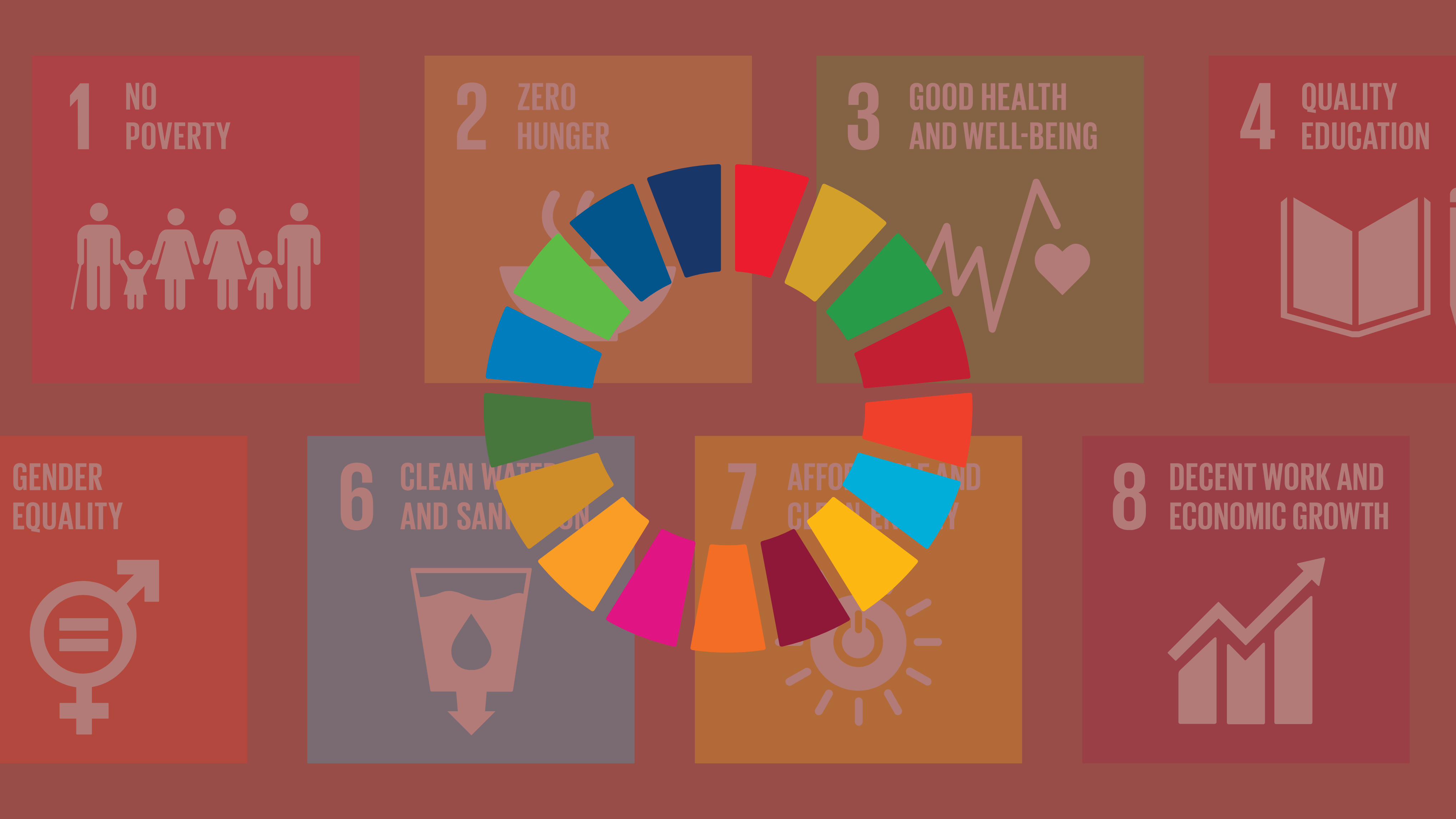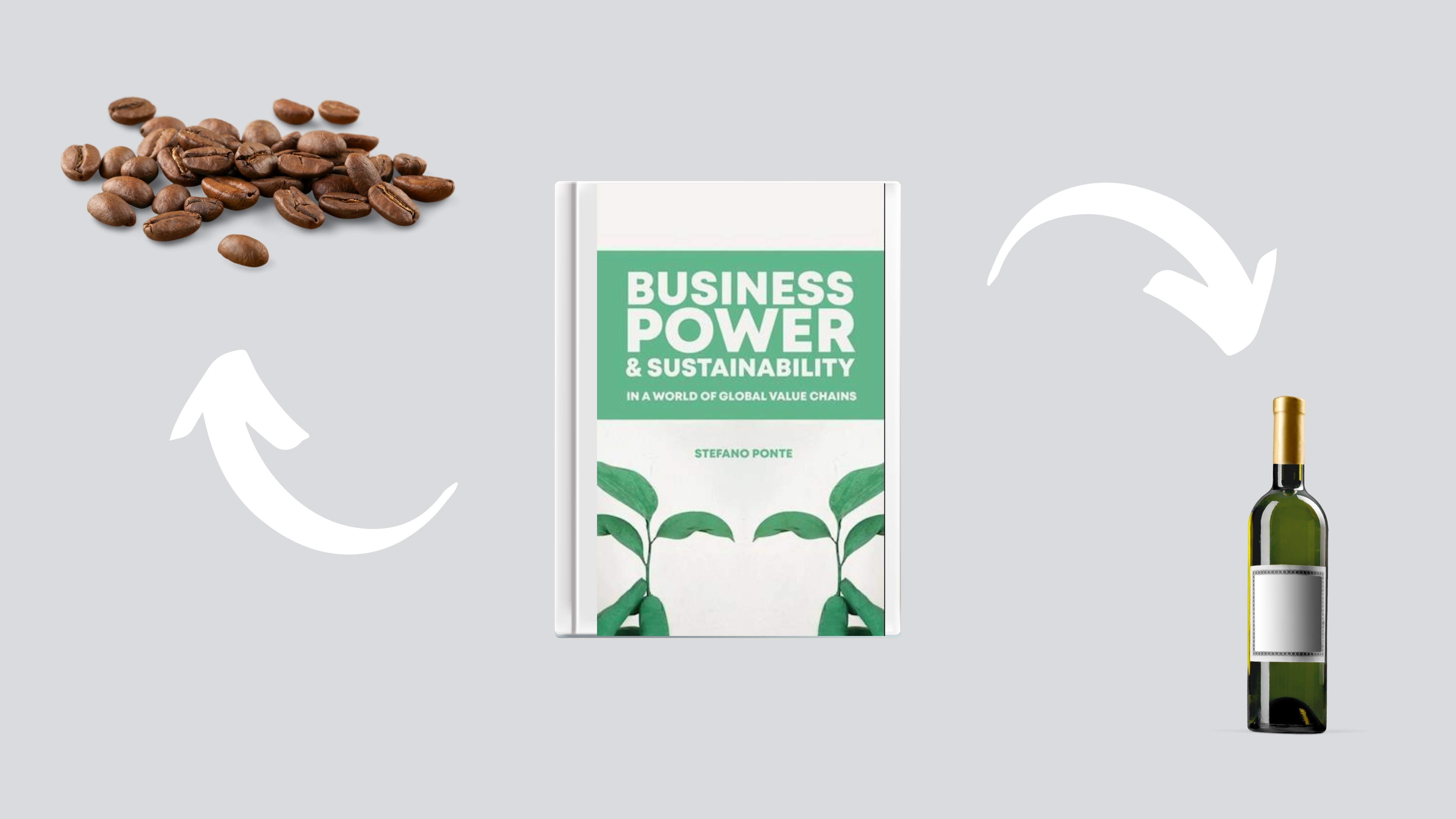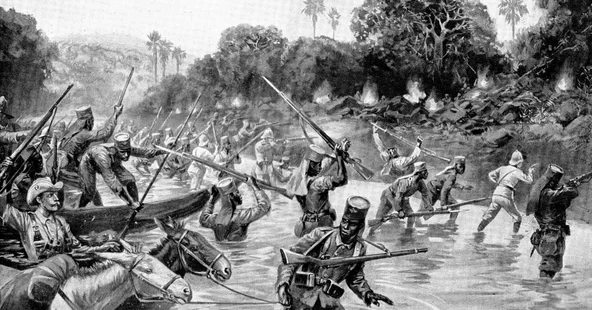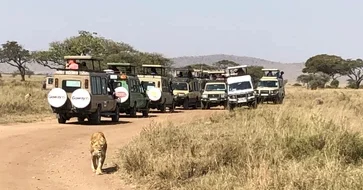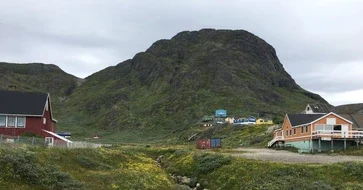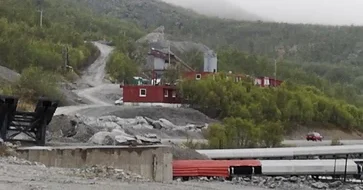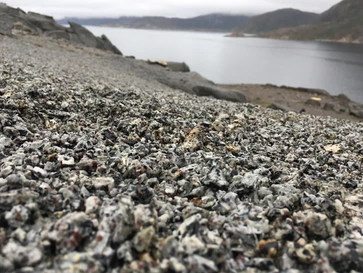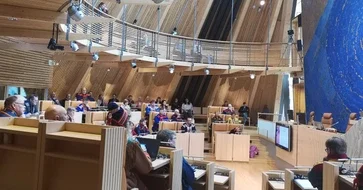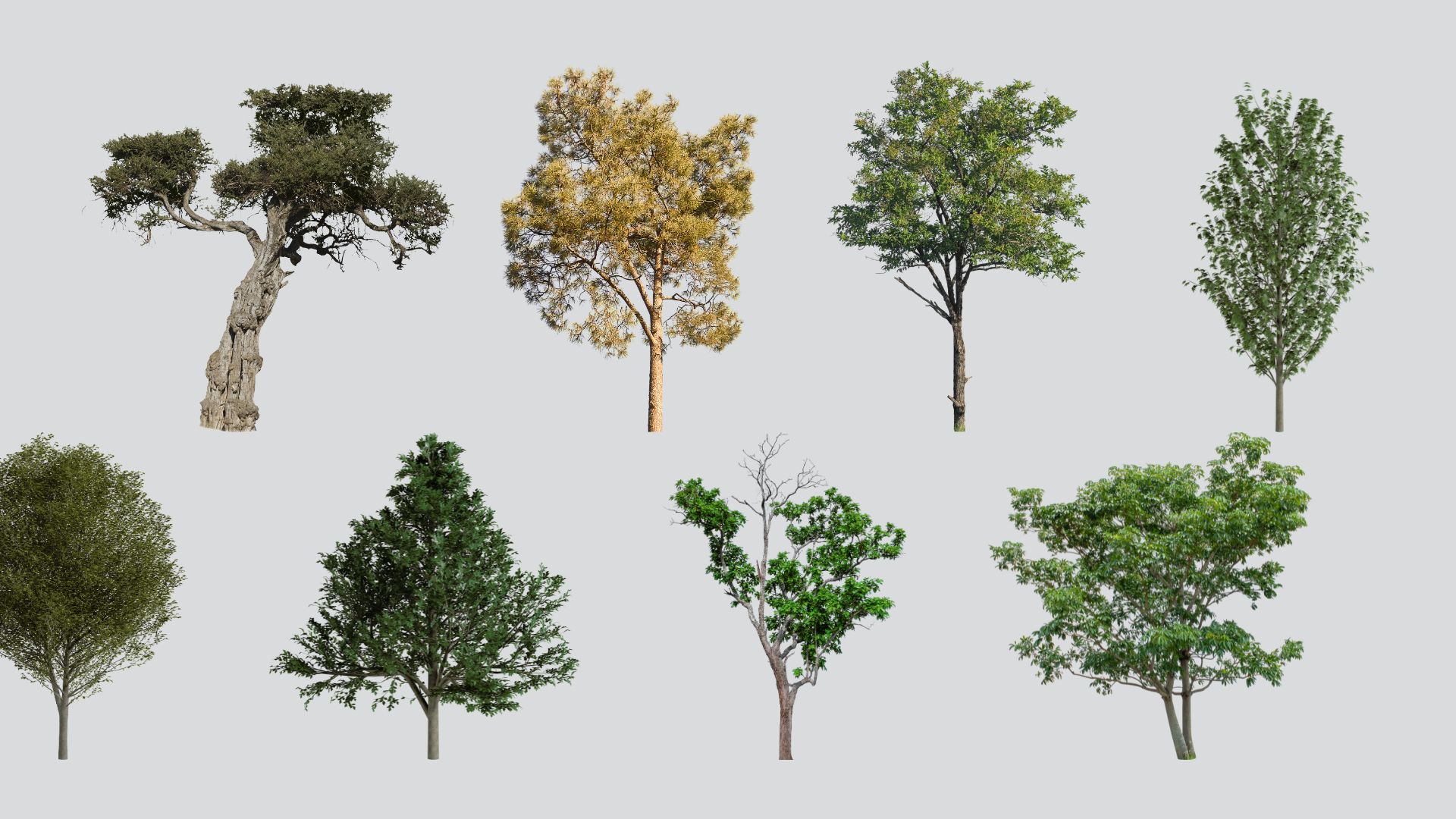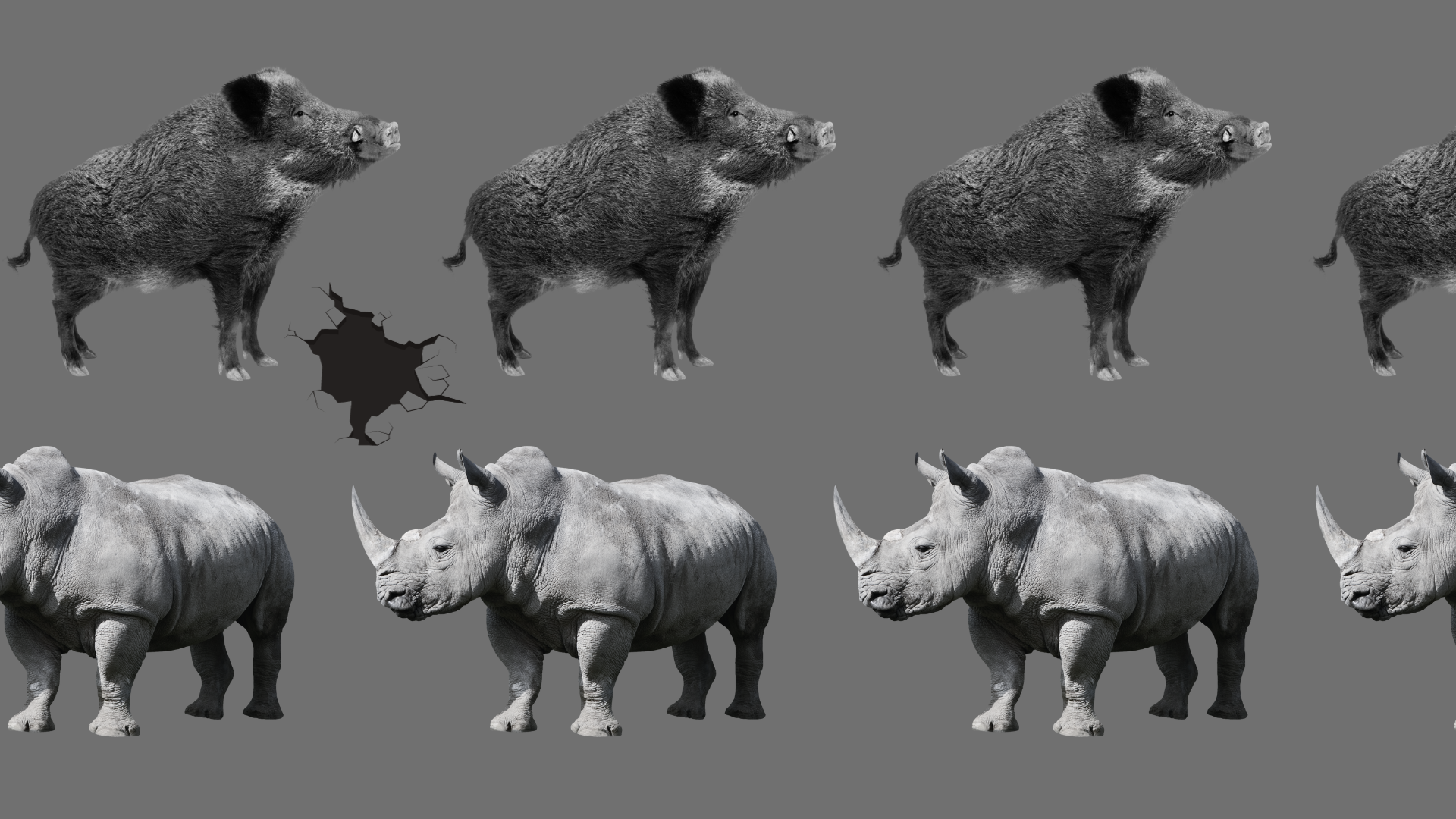Are shareholders the main beneficiaries of the global apparel industry?
By Felix Maile and Cornelia Staritz
Who captures most of the profits created in the global apparel industry? In this blog, we question the dominant perception of stock markets serving as the major ‘source of finance’ for apparel corporations to run their operations. Analyzing patterns of value creation and capture as well as corporate financing in the past 30 years, we come to a different conclusion: Stock markets barely contribute to apparel lead firms’ financing. Instead, apparel lead firms have funded stock markets, based on the profits that they generated vis-à-vis manufacturers and workers in their value chains.
Frelimo and the fate of Mozambique: Part 2
By Pedro Alarcón
The general election of 9 October 2024 in Mozambique triggered a political crisis in which hundreds of Mozambicans have been killed, injured or arrested. This blog post seeks to explain its origins and implications. This is the second part in a two-part blog post.
Reimagining Multilateral Governance: Integrating Humanitarianism, Development, and Peace in the UN and the Organization of Islamic Cooperation
By Christina Plesner Volkdal
Amid escalating humanitarian crises, protracted conflicts, and overlapping global disruptions, multilateral institutions are under renewed scrutiny. The demand for more coherent, inclusive, and sustainable responses has propelled the rise of the “Triple Nexus” framework – an integrated approach that seeks to align humanitarian aid, development strategies, and peacebuilding efforts. Yet, translating this framework into institutional reality remains a challenge. A recent series of CBDS policy papers interrogates this challenge through comparative analyses of the United Nations (UN) system and the Organization of Islamic Cooperation (OIC), revealing structural gaps and offering strategic pathways for reform.
Frelimo and the fate of Mozambique
By Pedro Alarcón
The general election of 9 October 2024 in Mozambique triggered a political crisis in which hundreds of Mozambicans have been killed, injured or arrested. This blog post seeks to explain its origins and implications.
‘Bob Geldof Pay Your Ethiopian Workers’
By Lisa Ann Richey
For 40 years now, Ethiopians specifically, and Africans in general, have been doing the work of being worthy recipients for band aid. Now, they should be recognized for that work and rewarded as workers. As I have argued here, Africa has become a market for profiting from Whiteness. Thus, the reasonable response to fulfill all those generous Christmas-inspired longings, is to pay Africans for their work.
Southern African Garment endeavors and impressions’ – Part 1: The lives of managers – Southern African cross-border manufacturing operations in times of lockdowns
By Andries Bezuidenhout and Søren Jeppesen
Our main focus here is an ethnographic description of how South African managers decide to run their operations in neighbouring countries, but we have to mention here that the upshot of the Covid-19 pandemic and the lockdown was that there was a reinforcement of regional production networks.
Worker power and decent work in apparel export industries
By Kristoffer Marslev and Lindsay Whitfield
Explaining variation in apparel workers’ wages and working conditions, both between producer countries and over time, is a key objective of the Creating and Capturing Value in the Global Apparel Industry project. In this post, we present findings from a comparative analysis of export apparel in Cambodia, Vietnam and Madagascar. These insights feed into a broader conceptual argument about how and why labor regimes change in labor-intensive industries in the global South.
The macro-financial weakness of Europe’s policy on EV manufacturing
By Cornel Ban
Observers of the Chinese EV ascendancy are correct in highlighting how China’s industrial policy, rare earth abundance, and subsidies have left Europe lagging in the race to electrify the automobile industry. Yet, their analysis misses three crucial financial dimensions underpinning China’s success in cleantech innovation and EV leadership.
Inequality and bricolage in collaborative North-South research projects
By Daniel Brockington, Caleb Gallemore, Lasse Folke Henriksen, Ruth John, Kelvin Kamde, Robert Katikiro, Rasul Ahmed Minja, Faraja Namkesa, Christine Noe, Mette Olwig, Stefano Ponte, and Pilly Silvano
Bricolage, open and slow project design, reflexivity and conviviality can help addressing some of the unequal power dynamics that underpin collaborative research projects involving scholars and institutions from the Global North and Global South.
What determines wages in apparel export firms in Kenya and Ethiopia?
By Florian Schaefer
We have been collecting data on firms and workers in the apparel export sectors on Kenya and Ethiopia to help us better understand the opportunities and challenges that apparel production can bring.
Conducting multi-sited fieldwork to investigate transnational capital in GVCs
By Felix Maile and Lindsay Whitfield
As part of our ‘Creating and Capturing Value’ project, we seek to investigate the drivers for (uneven) value distribution between fashion brands, supplier firms and workers in the global apparel industry.
The everyday resilience of theatre students in Ghana
By Rashida Resario, Robin Steedman, and Thilde Langevang
What are the chances that a creative degree will get you a job? What are the chances that that job will be financially rewarding? These are questions often hurled at those with ambitions in creative careers, who decide to pursue creative programmes at the University in Ghana.
Bridging the Gap: Mundane Circular Economy Policy in Indonesian Schools
By Suci Lestari Yuana and Maria Josefina Figueroa
In the pursuit of a sustainable future, the adoption of Circular Economy (CE) principles has become increasingly imperative. However, despite its theoretical emphasis, the practical integration of CE into daily activities remains a challenge. Our research project focuses on mainstreaming CE education through the agency of schools, aiming to bridge the gap between theory and practice.
Behind the Label: Unveiling the Truth of Prison Labour in Ethical Fashion
By Lisa Ann Richey and Alexander Maxelon
In recent years, ethical consumption has gained significant traction in the global market. Companies like Carcel, a luxury brand selling clothing made by incarcerated women, have emerged, promising consumers the opportunity
How can port states in the Global South support maritime decarbonization? Insights from Kenya
By Hannah Elliott, Mwathi Kitonga, Fred Kung’u and Elvin Nyukuri Seaports are bustling gateways for trade and the growing blue economy, handling around 80 per cent of world trade. In the Global South, ports are viewed as key drivers of…
Promoting Due Diligence and Innovation for Sustainability in Global Garment and Footwear Value Chains
By Rachel Alexander
Do compliance audits incentivise factories to conceal problematic practices? Could a focus on identifying risks encourage brands to collaborate more closely with their factories, fostering collaborative upgrading processes?
Towards shorter supply chains? Understanding shifts in the global apparel industry
By Felix Maile and Cornelia Staritz
There has been much talk about the reconfiguration of global supply chains in recent years. Intensified geopolitical tensions, the climate crisis, digitalization
Rethinking Humanitarianism: Adapting to a Changing Landscape
By Alexander Maxelon, Nauja Kleist and Lisa Ann Richey.
Humanitarianism is undergoing a profound transformation, with an array of diverse actors entering the humanitarian arena. These shifts raise critical questions about the efficacy of humanitarian responses and the evolving needs of those who rely on them.
Tanzania’s Open Door to Refugees Narrows
By Yvette Ruzibiza and Simon Turner
Tanzania used to be commended internationally for its generous refugee policy, since the 1960s hosting forcibly displaced people from war-torn neighboring countries including Burundi and Rwanda, and actively supporting anti-apartheid freedom fighters from southern Africa.
The Belt and Road Initiative at Ten
This year marks the tenth-year anniversary of Xi Jinping’s proposal for an “economic belt along the silk road” while on a diplomatic mission to Kazakhstan, what would later become the Belt and Road Initiative (BRI) or One Belt One Road (OBOR) in Chinese (一带一路).
Wayúu Women Leading the Charge: Rethinking Green Energy Investments through a Decolonial Feminist Lens
Climate change is a pressing global issue that requires immediate action. As countries and multinational companies invest in green energy, it’s easy to assume that we’re making ethical choices. However, this is not always the case, green initiatives perpetuate a new form of colonialism, effectively making them green colonialism.
Value and Wealth Entanglements in the Gold Industry
Entanglements of value and wealth are essential features of contemporary global capitalism. Still, value and wealth have until now mainly been studied in isolation from each other. For our understanding of how value and wealth entangle, gold is a case in point.
International sanctions and increased vulnerabilities of supply chain workers: Polytex Garments Limited factory closure in Sri Lanka
By Shyamain Wickramasingha The alleged human rights abuses in the Xinjiang Uyghur Autonomous Region of China led to US sanctions and then the Uyghur Forced Labor Prevention Act. The US Congress passed this Act in December 2021, and it came…
Development Finance Institutions: Exploring Their Complex Organizational Identity
By Suhyon Oh My PhD journey was driven by questions I had been asking since I worked as a practitioner and witnessed a new phenomenon in the development cooperation community at the time. And it was precisely after 2015, when…
“Creative Hustling”: new book by Robin Steedman
By Robin Steedman The film industry is a notoriously difficult place for women to make a living. Women still struggle to break through the ‘celluloid ceiling’ and make films on their own terms. In Nairobi, Kenya, however, they are flourishing.…
“The Humanitarian Exit Dilemma: The Moral Cost of Withdrawing Aid”: new book by Chin Ruamps
by Chin Ruamps Humanitarian crises are widespread and affect millions of people around the world. In response, relief aid and humanitarian resources are distributed to affected populations by international non-governmental organisations, such as humanitarian organisations. These organisations provide essential goods such as food,…
Piketty analyzed: strengths and weaknesses of the emerging paradigm of inequality economics
by Rune Møller Stahl In the past decade, economic inequality has moved from a position of relative marginality to the center of attention for academics, policy professionals, and even major institutions such as the OECD, IMF, and the World Economic…
How and why firms in low-income countries seek to build capabilities in new export industries?
by Ayelech T. Melese and Lindsay Whitfield Industrialization is the main driver of higher per capita incomes and a rising standard of living in low-income countries. Industrialization may be catalyzed by foreign direct investment. However, it is sustained by national…
Crisis mode in the Sri Lankan apparel industry: a closer look at the implications for firms and workers
By Shyamain Wickramasingha How can an entire industry flourish during a crisis, yet plunge its workers into precarity? As Sri Lanka is battling its worst economic crisis for 70 years, this blog looks at the crisis’s paradoxical effects on the…
Can African countries build competitive fiber-to-garment industries fit for the 21st century?
by Lindsay Whitfield The textile and apparel industry is a globalised industry characterised by a high degree of dependency and fragmentation in global supply chains. From the mid-20th century, cotton textile and apparel manufacturing production relocated from industrialised to developing countries,…
New Research Project on Environmental Maritime Governance in Kenya: Investigating Policies, Practices and Prospects for the Abatement of Air Emissions from International Shipping
By René Taudal Poulsen Although the international shipping industry accounts for nearly three per cent of global Greenhouse Gas emissions and is a major emitter of air pollutants, it was left out of the Paris Agreement in 2015. Due to…
Why business schools need more field-based courses
By Thilde Langevang, Maribel Blasco and Søren Jeppesen CBS and MUBS Students gathered during the field trip in Uganda In today’s complex world, working life is often characterized by uncertainty, discomfort, and complexity. Students who wish to follow careers in…
Going Against the Tide: Towards Binding Environmental Regulation of Mining in Chile
What happens when country moves from purely voluntary regulation towards binding laws? In our research paper we examine how the changes in Chilean environmental regulation affected the mining conflicts in the country.
Labour Codes of Conduct: Workers’ Rights and Unions in Southern Africa’s Garment Industry
The garment industry is often portrayed as an industry that has the potential to bring about large-scale economic and social changes in countries in the Global South. Bangladesh and China are examples of this, where garment manufacturing led to increased levels of employment and further industrial development.
Industrializing through global value chains? The case of the South African automotive industry
When trying to come up with lessons for developing countries that want to industrialize today, people usually refer back to the success of East Asia. But 40 years have passed since South Korea and Taiwan industrialized through exporting and import substitution.
Ethiopia’s apparel export industry, the Tigray conflict, and US preferential market access
The federal Ethiopian government announced a nationwide state of emergency on November 2, as the now one-year-long conflict between the federal government defence forces (and regional militias) and forces led by the Tigrayan People’s Liberation Front (TPLF) threatened to spread from the Tigray region across the country, including the capital city Addis Ababa.
Escaping Known Sustainability Problems: From Diamonds to Coloured Gemstones
Did you also wonder why coloured gemstones, like rubies and emeralds, are ‘back in the market’? And why they abruptly compete with diamonds, which were otherwise the most valuable and desirable stones since the early 1900s?
Contested Sustainability in Tanzania: The Political Ecology of Conservation and Development
New and more complex partnerships are emerging to address the sustainability of natural resource use in the Global South. These partnerships variously link donors, governments, community organizations, NGOs, firms, consultancies, certification agencies and other intermediaries.
White People and the Animals They Love
This book review has first been published by Conservation and Society. According to the press website, Saving Endangered Species has wide and diverse aims: ‘to win new recruits, inspire biologists and conservationists already in the field, and illustrate the profession’s fundamental scientific tenets through wildlife champions’ own exciting narratives.’
Nature Based Human Development
The 2020 Human Development Report is entitled The Next Frontier: Human Development and the Anthropocene. Whilst previous reports have related to sustainability, the 2020 Report moves beyond this and places human development within Earth Systems science.
Business Models and Growth in Africa
How do business models evolve in challenging institutional environments? With substantial growth opportunities offered by an expanding population, raising income levels and more household consumption, an increasing number of firms are being established in developing countries.
Resource Scarcity in the Energy Transition
In the context of the climate crisis and the pursuit of the Sustainable Development Goals (SDGs), the decarbonisation of production and energy models has been identified as a major goal for societies around the world.
Businesses are finally committing to protecting forests – but how are local livelihoods affected?
The private sector is becoming increasingly vocal in its efforts to reduce deforestation. The last decade has seen a number of major firms making zero-deforestation commitments (ZDCs); pledging to eliminate deforestation in their supply chains, including Nestlé, Cargill, Unilever and Mondelez International.
Sustainable livelihoods? The informal sector beyond Covid-19
The official reactions to Covid-19 have (so far) not been doing much for sustainable development (apart from lower CO2 emissions from air travel). Despite concerned voices criticizing the limited attention to combating climate change (‘environmental sustainability’) in the longer run, little impact on policy makers has been registered.
Constructing governance to stop Brazilian deforestation
Deforestation to pave the way for agricultural expansion is a major global problem. This is particularly evident in Brazil, where deforestation has been making international headlines for decades. Deforestation threatens Brazilian ecosystems including the Amazon rainforest, which play a central role in global environmental processes.
‘Not every time is the right time for real-time marketing’: Branding in the COVID-19 pandemic
As the global Covid-19 pandemic spread through Europe and North America, companies raced to communicate how they were responding to the crisis. Advertising that focuses on a company’s response to humanitarian crises is hardly new.
Aid Celebrities and the Tropes of Celebrity Humanitarianism
George Clooney is sad. What might an Oscar winning multi-millionaire have to be sad about, you ask? He’s “surprised and saddened” he says, to learn that Nespresso, the coffee brand for whom he has been a public spokesman since 2006, uses child labor at its plantations in Guatemala.
Reflections on SMEs and social responsibility in times of Covid-19
One thing seems to be clear by now – that we are all challenged by the effects of the Covid-19 pandemic. This includes all enterprises, large as well as small firms. As states and individuals, also SMEs (Small and Medium-size Enterprises) need to figure out how to respond.
Supply Chain Responsibilities in a Global Pandemic
What is the responsibility of Western retailers to the workers who make their garments as the corona virus forces factories to shut down?
In Movement from Tanzania to Northern Italy to Denmark
My first memory of the Corona virus, before we became politicized enough to refer to it as COVID-19, or the “new” Corona virus—or for some special politicians, the “Wuhan” virus—was in Tanzania.
A Green and Fair COVID-19 Recovery Plan
The COVID-19 crisis has made evident the limitations of existing thinking, preparedness and policy in relation not only to health pandemics but also to the sustainability challenges we face, locally and globally.
Making it to the World Heritage List: Envisioned and Hidden Effects
UNESCO’s World Heritage designation of places around the world has the honorable purpose of taking responsibility. Taking responsibility for the preservation of things that may otherwise be left unpreserved, and for which destruction would be a severe loss.
Five Ways the Private Sector Can Align with the Sustainable Development Goals
How can partnerships between the private sector, governments and NGOs help advance the UN’s Sustainable Development Goals (SDGs), and what’s the best way to measure the success of these collaborations?
We must move beyond ‘green capitalism’
Big corporations are branding themselves as sustainable. But the capitalist logic of expansion and consumption that make them thrive is the real climate issue, CBS professor claims in a new book. Stefano Ponte, Professor of International Political Economy and Director,…
Academic Neocolonialism Redux
Next Wednesday, Bruce Gilley of Portland State University will be giving a lecture to the AfD parliamentary group in Berlin on ‘The balance of German colonialism. Why the Germans do not have to apologize for the colonial period and certainly do not have to pay for it!’.
The Year of Return, a campaign calling the diaspora home, is Ghana ready?
The Government of Ghana has declared 2019 the Year of Return. It is an open invitation to the diaspora to visit Ghana and set foot on the soil of their ancestors. With a fully-fledged marketing campaign well underway and busloads of heritage tourists travelling through the country, it leads to wonder, why does Ghana encourage its diaspora to come home, why now? And is Ghana ready?
How sustainable is ecotourism?
Tourism is a key driver of development, particularly in areas with rich environmental or cultural resources. The United Nations declared 2017 as the year of Sustainable Tourism for Development, but how sustainable is ecotourism?
Blogpost series #4: Consultations, Public Participation and Meaningful Stakeholder Engagement
In many places worldwide, there are requirements for the process of deciding whether and how to go ahead with specific projects as part of societal development. Such requirements concern, for example, new projects to extract of raw materials such as minerals, oil or gas; the establishment of renewable energy facilities such as wind turbines, as well as infrastructure projects such as harbours or airports.
Blogpost series #3: Consultations, Public Participation and Meaningful Stakeholder Engagement
Consultation of the public in the context of assessments of societal or environmental or impacts is not only common but mandated by law in several countries. In many places mandatory environmental impact assessment goes back to the 1970s.
Blogpost series #2: Consultations, Public Participation and Meaningful Stakeholder Engagement
In a short series of blog-posts we explore stakeholder participation in planning and decision-making on energy and infrastructure projects and similar activities. Guided by a research question asking what is a good process for involvement in Social, Environmental or Human Rights Impact Assessment (IA) from the citizen’s perspective, the posts disseminate results from a project on best practice funded by the Nordic Research Council’s NOS-HS scheme.
Blogpost series #1: Consultations, Public Participation and Meaningful Stakeholder Engagement
Insights into the concerns or needs of communities or individuals who may be affected by planned or proposed private or public energy projects or infrastructure projects is important for those who will eventually decide whether the project will be approved to make an informed decision.
Can humanitarian causes be both marketable and ethical?
global values and local practices of humanitarianism extensively, all about the commodification of compassion and how we should be engaging in causes if we want to make a real difference.
Taking the Environment Seriously in Agricultural Global Value Chains: Why It Matters to the Bottom
With the advancement of globalisation, 80% of trade flows through global value chains (GVCs). Agriculture and agro-processing GVCs are one of the largest employers for less developed countries, especially in Africa and Asia.
Living in wildlife villages: the elephant in the backyard
When I joined the NEPSUS team in 2016 as a PhD candidate, I didn’t expect to come across wild animals in the villages. On the day of my arrival to Mloka village in March 2017, I immediately bumped into elephants at Selous Kinga Lodge.
The Seeds of a Good Anthropocene? Community-based conservation initiatives beyond commercialization
Anthropogenic activities have driven planet Earth into a new geological era – the ‘Anthropocene’. Our actions and practices have been reshaping landscapes and ecosystems in different parts of the world.
Multi-stakeholder forest governance and the challenges of sustainability
A central controversy is hampering plans for sustainable natural resource management in many Tanzanian villages: who owns and controls the so-called ‘open areas’? Open areas are designated village lands that can contain extensive forests.
Elephants and Sesame
There is an old adage among Marxists that the one thing worse than being exploited by capital is not being exploited by it at all. Capital may extract profit from surplus labour, but it is worse still for the labourer to have no one to sell their labour to.
ANALYTICAL CODING USING NVIVO: Qualitative Data Coding by a Team of Interdisciplinary Researchers
New Partnerships for Sustainability (NEPSUS) is a Tanzanian-Danish research project that involves fifteen researchers with different disciplinary backgrounds and expertise. This is a great strength but, at the same time, a challenge.
Incomplete local community participation in the management of coastal resources: The Mtwara case
Speaking of local community participation in the management of coastal resources in rural Mtwara, one can’t avoid to emphasize the role of individual activists and local NGOs. Amida Doto (not her real name) is one of these activists.
A Double-Edged Sword for Development: A Narrative of Wildlife Crop Damage
In Tanzania, it is not very common to criticize the government and their conservation measures. Although the visibility of developmental progress in rural areas is very limited, local villagers continuously emphasize their deep gratitude for the progress seen.
The Tragedy of Water at Ngarambi
Since the inscription of the Selous Game Reserve into the UNESCO register of World Heritage in Danger in 2014 and increased anti-poaching measures, the number of elephants in nearby villages has drastically increased. Sadly, this success for wildlife conservation does not come without consequences for the local population.
Challenges in the Mnazi Bay-Ruvuma Estuary Marine Park, Tanzania: Past and present
In March 2018 I visited Mnazi Bay-Ruvuma Estuary Marine Park (MBREMP) in Mtwara as part of a field research trip with the coastal working group of the NEPSUS project to carry out data collection.
How to survive on ‘leftovers of nighttime spinach’: Local narratives of human-wildlife inter
Recently, I was part of the NEPSUS survey team visiting households in villages adjacent to the Selous Game Reserve in Kilwa and Rufiji Districts, Tanzania. One of the sampled heads of households at Tapika village was Juma (not his real name).







